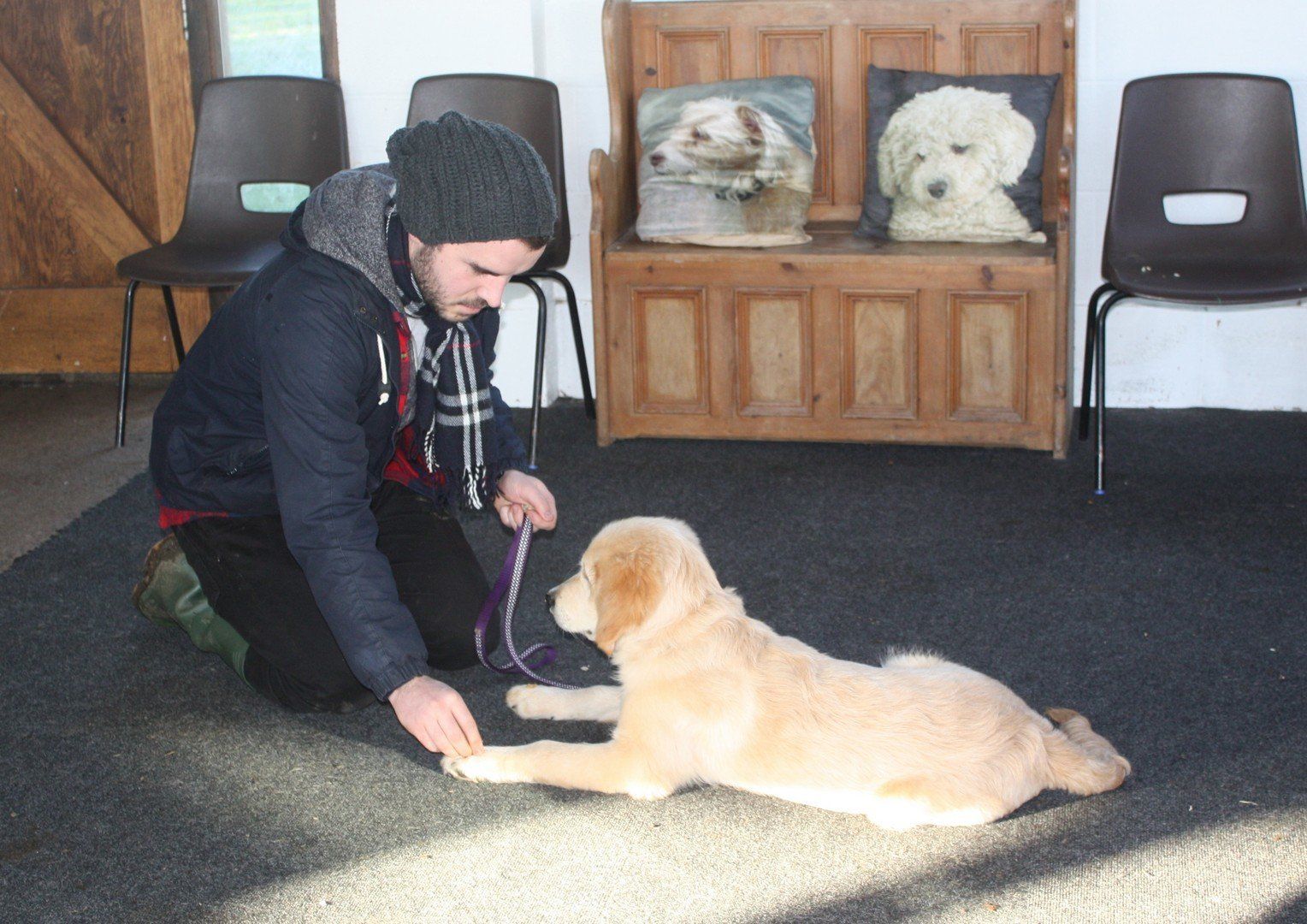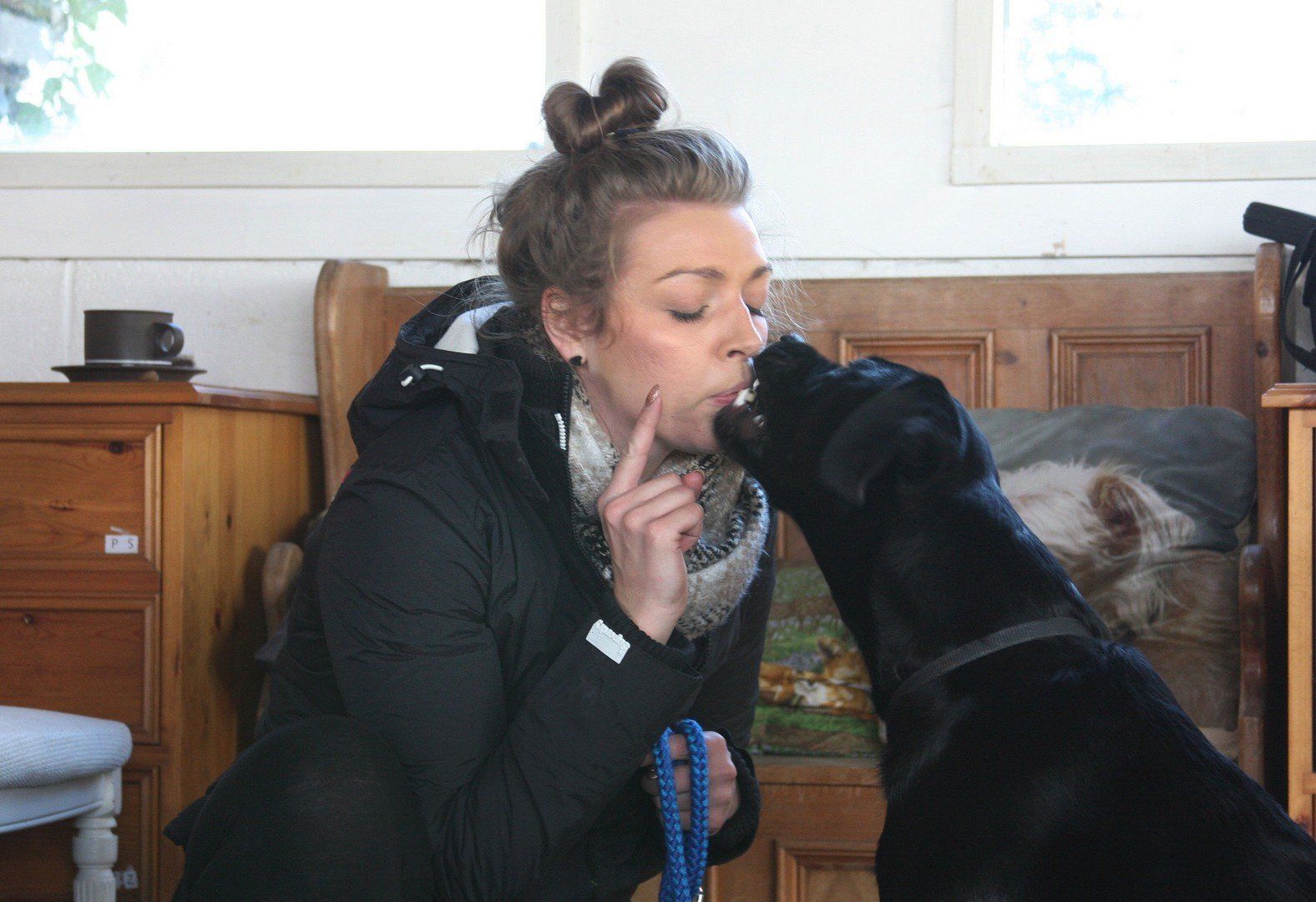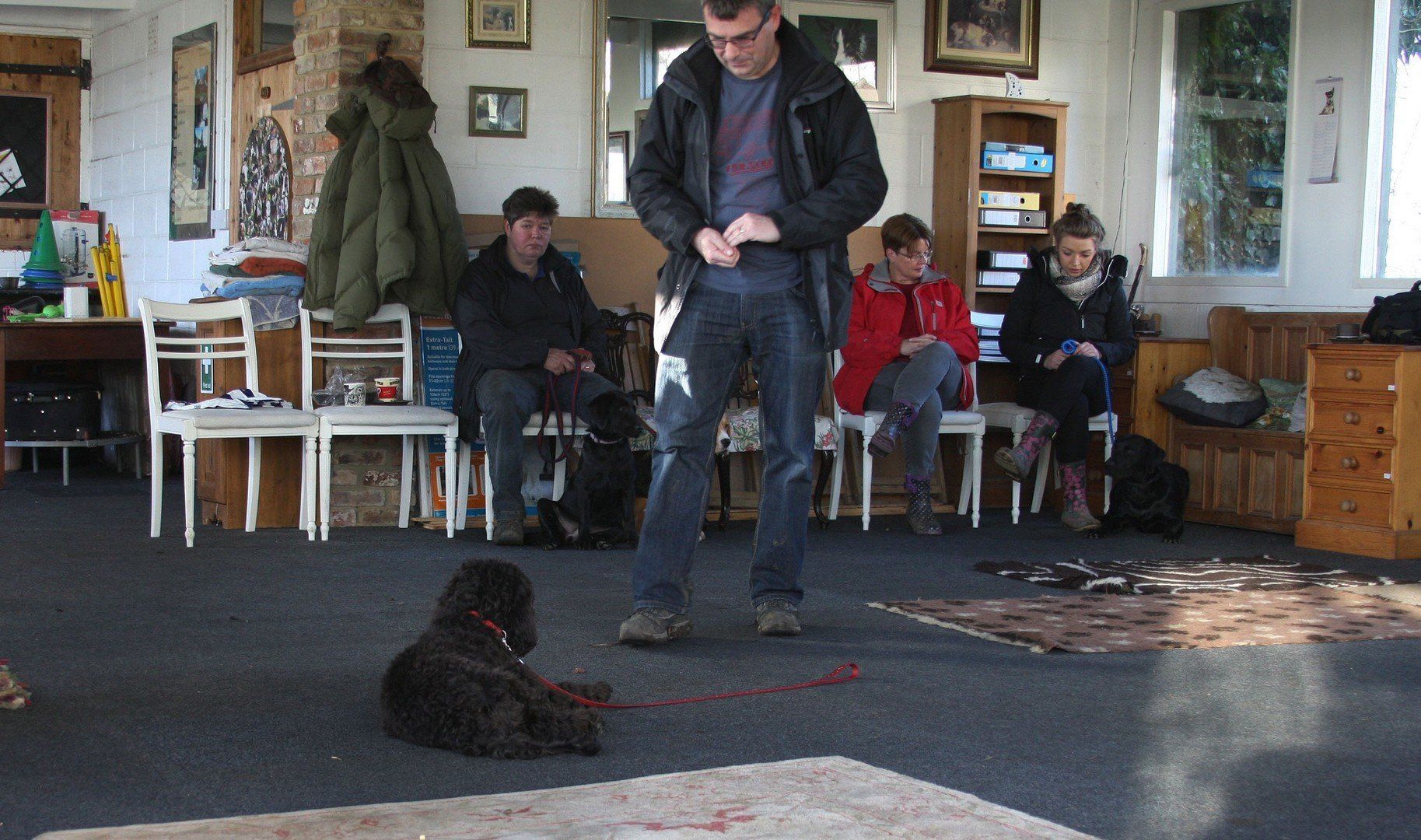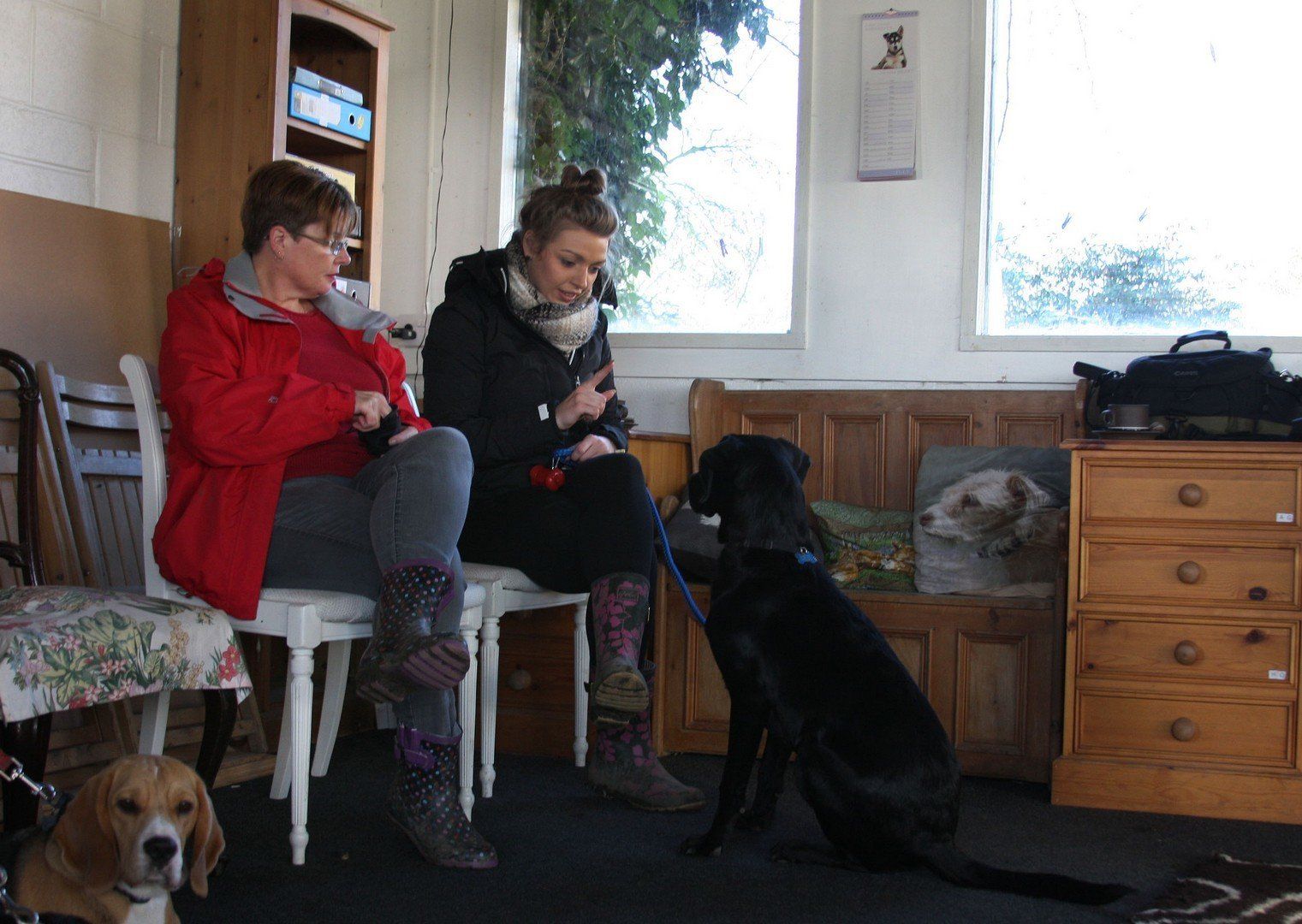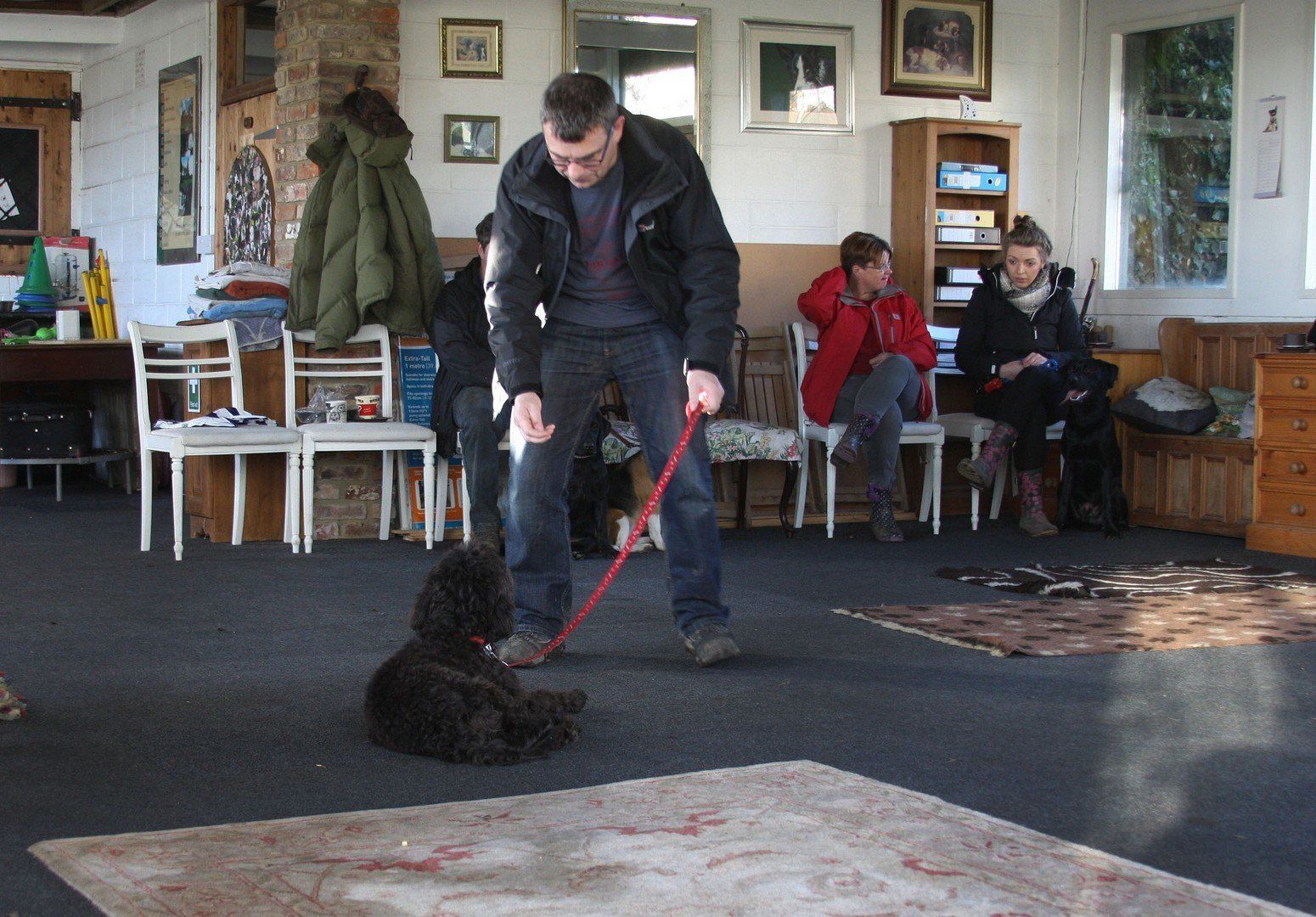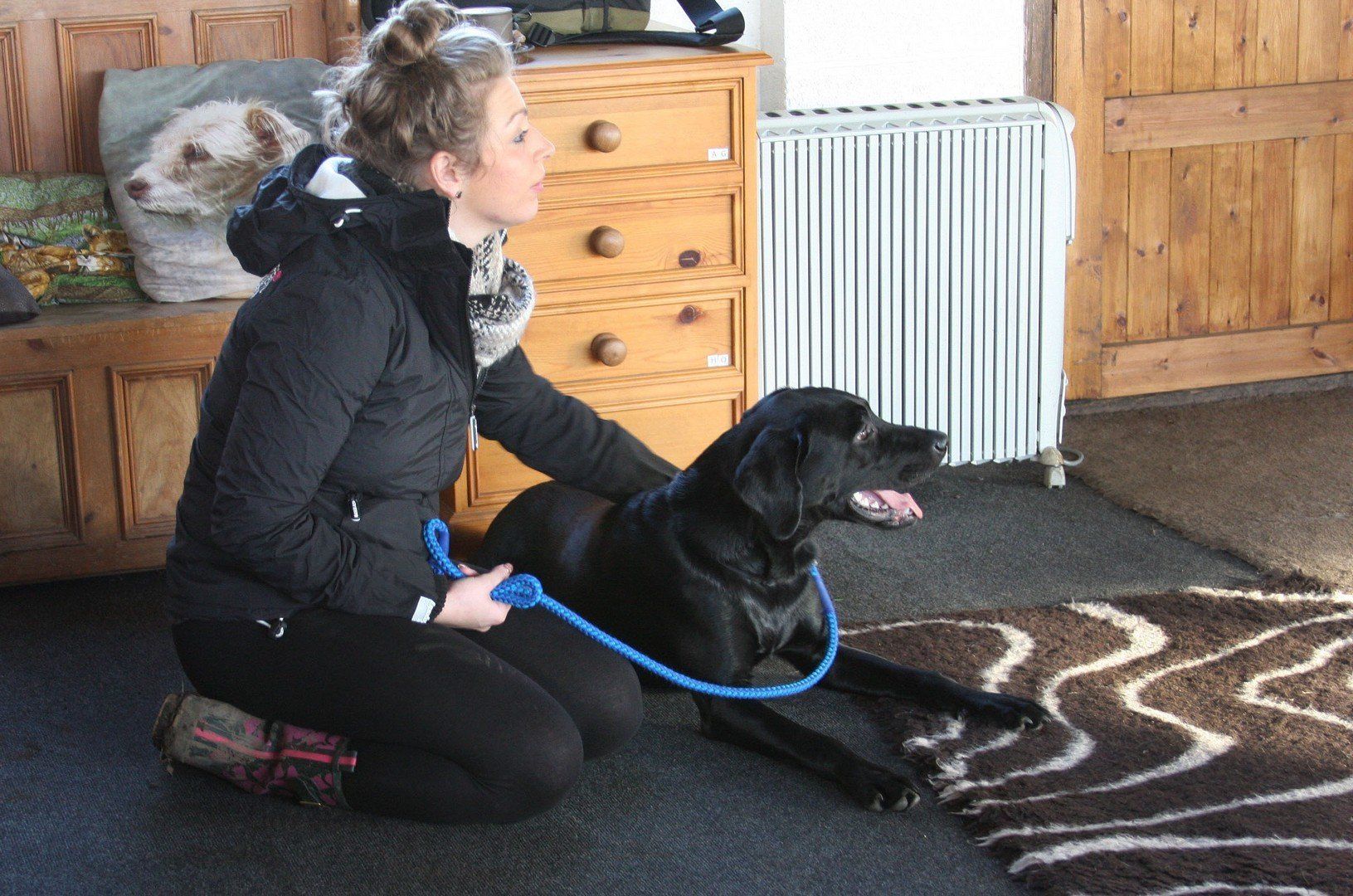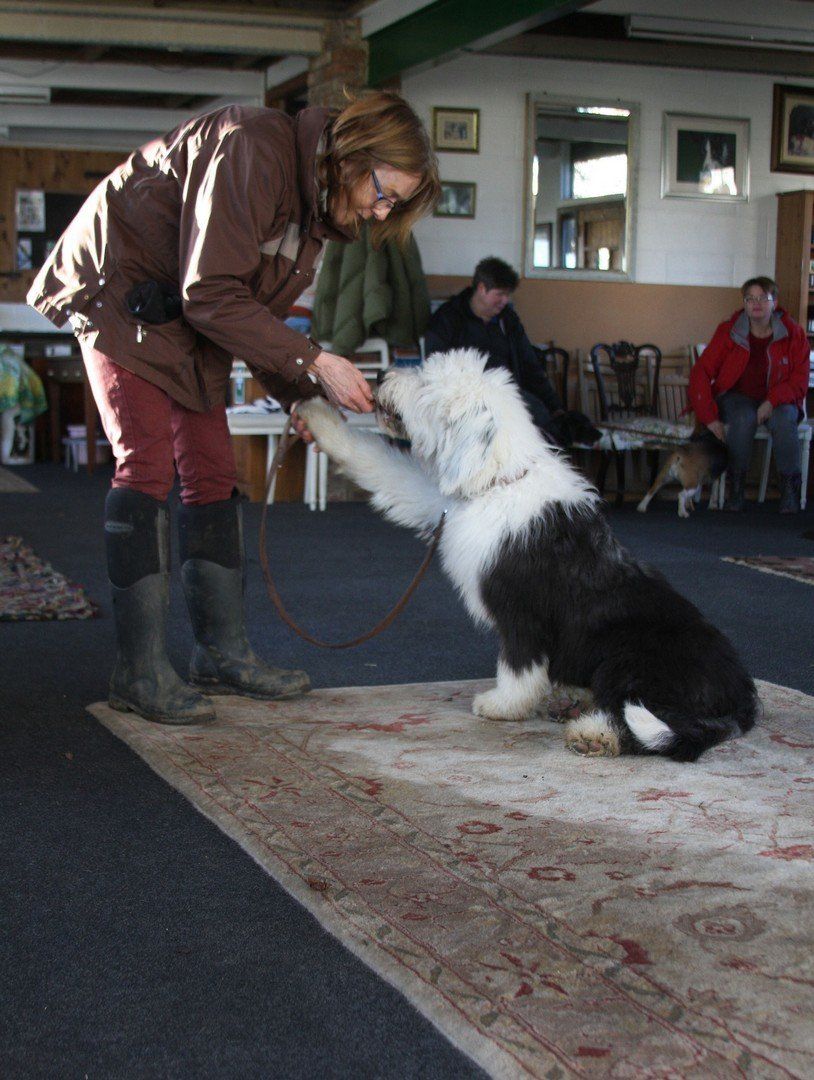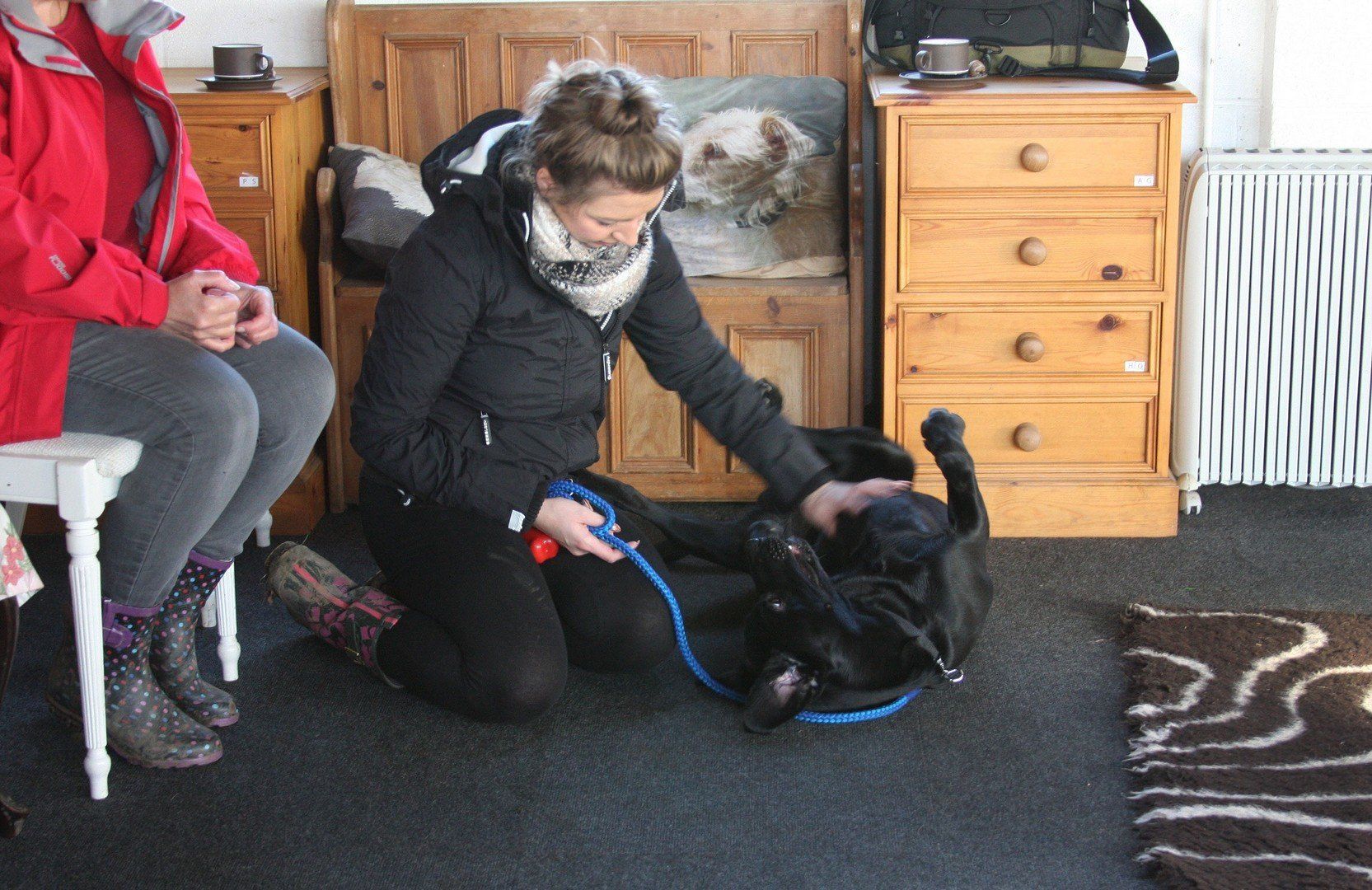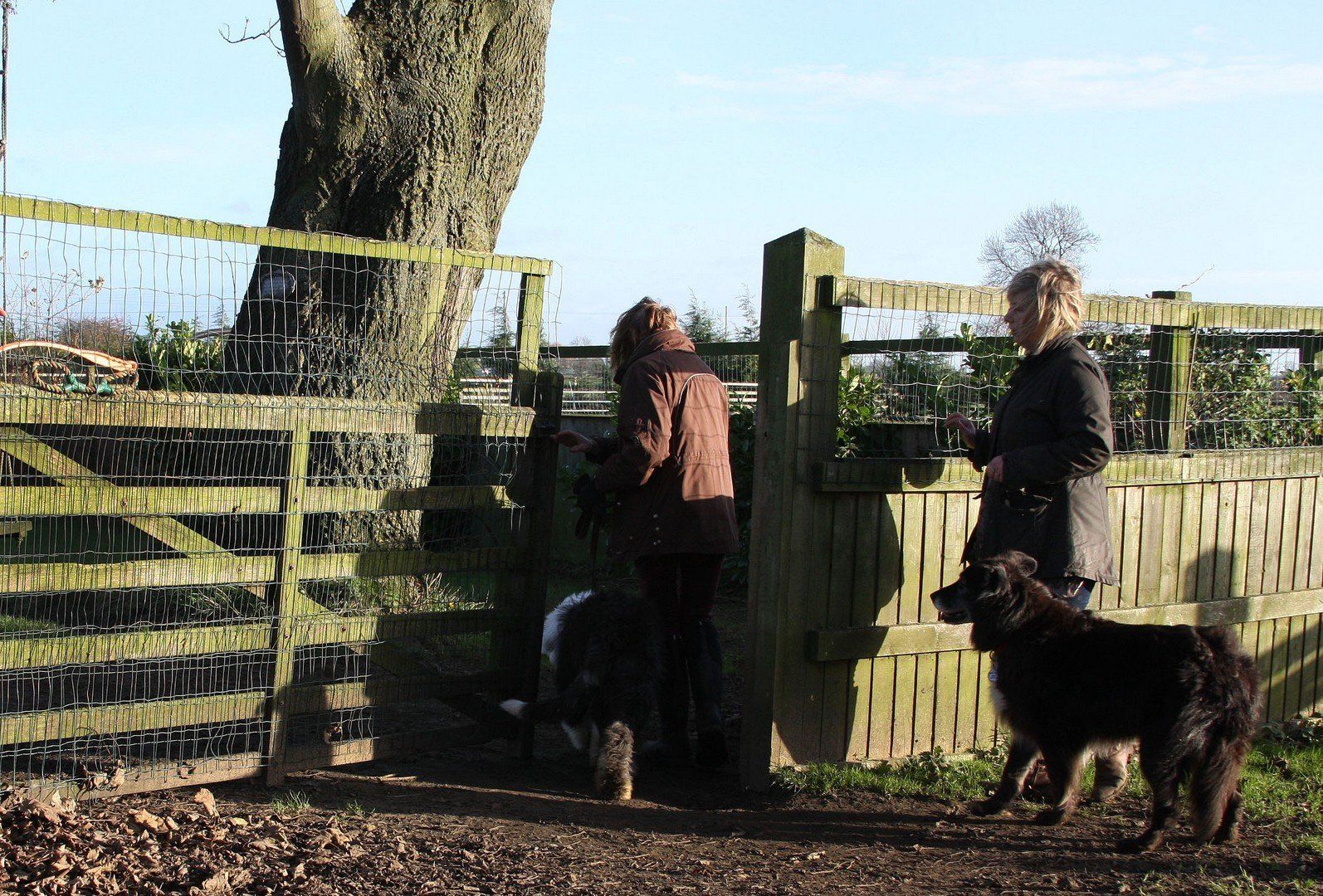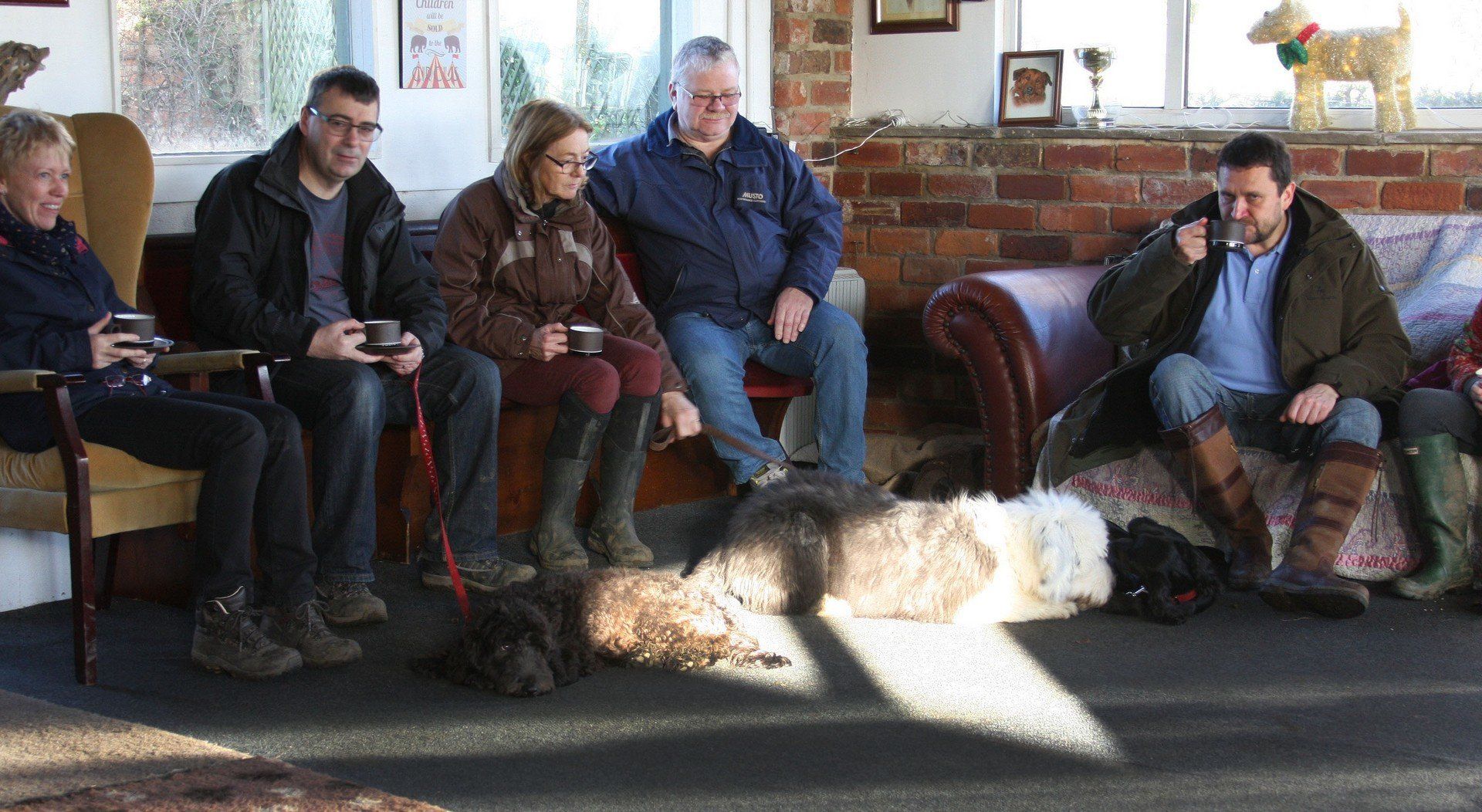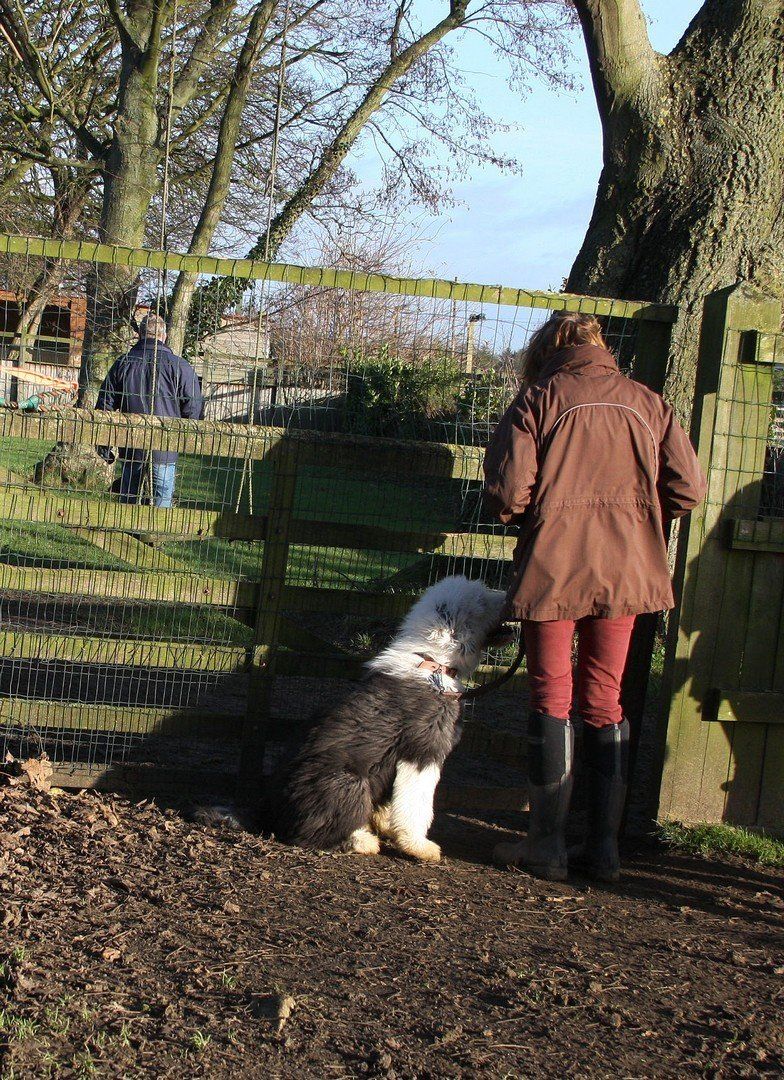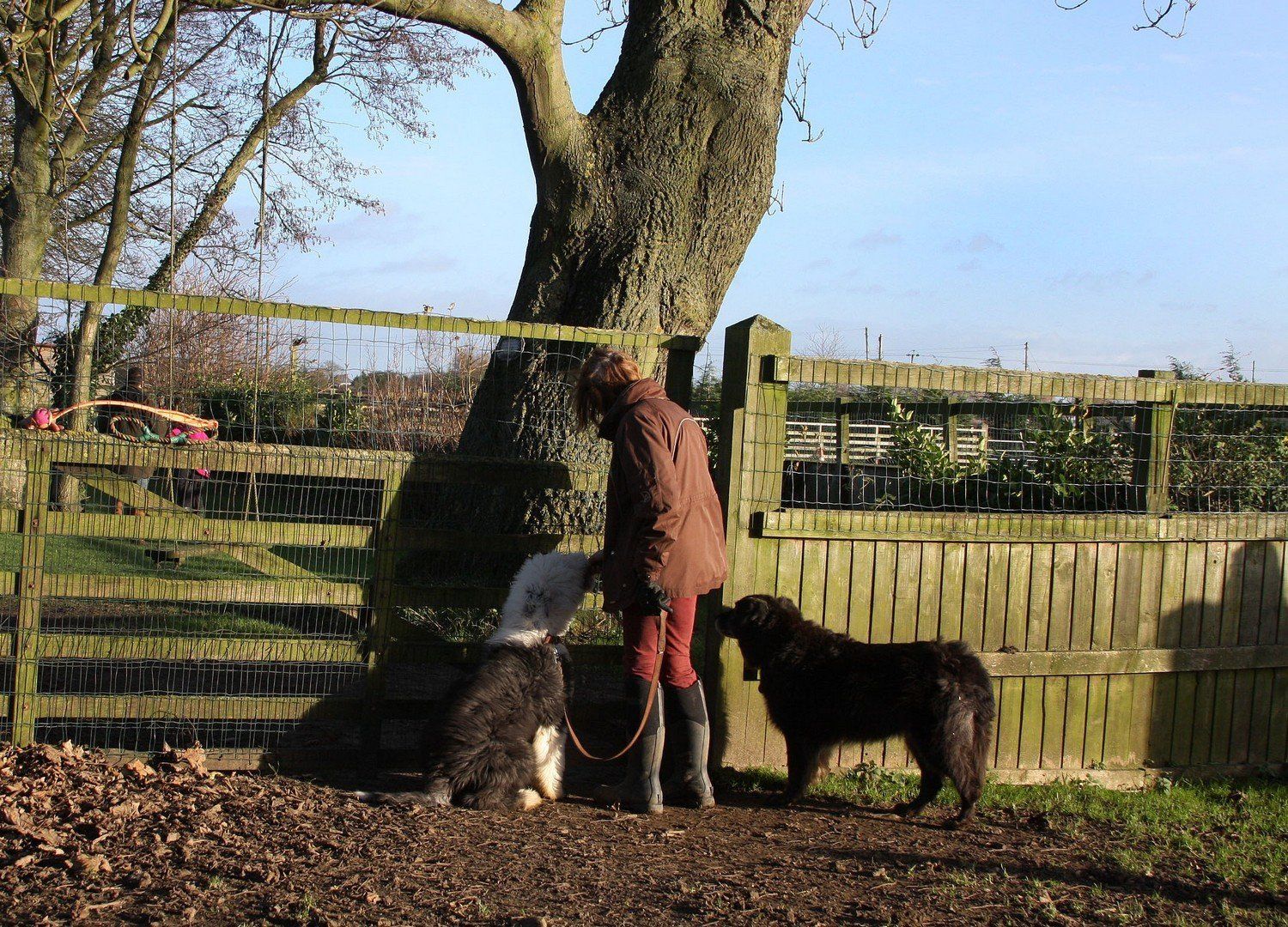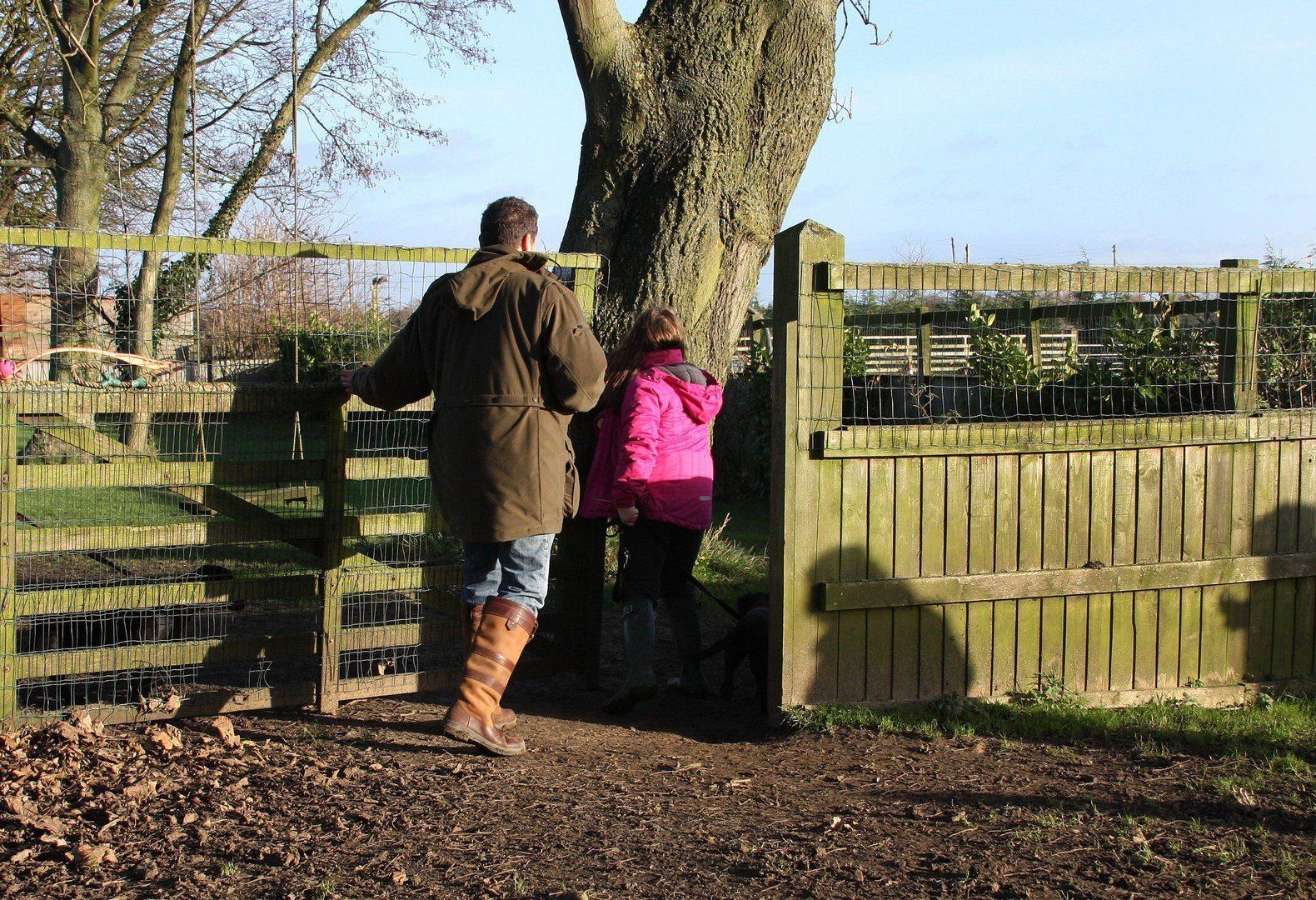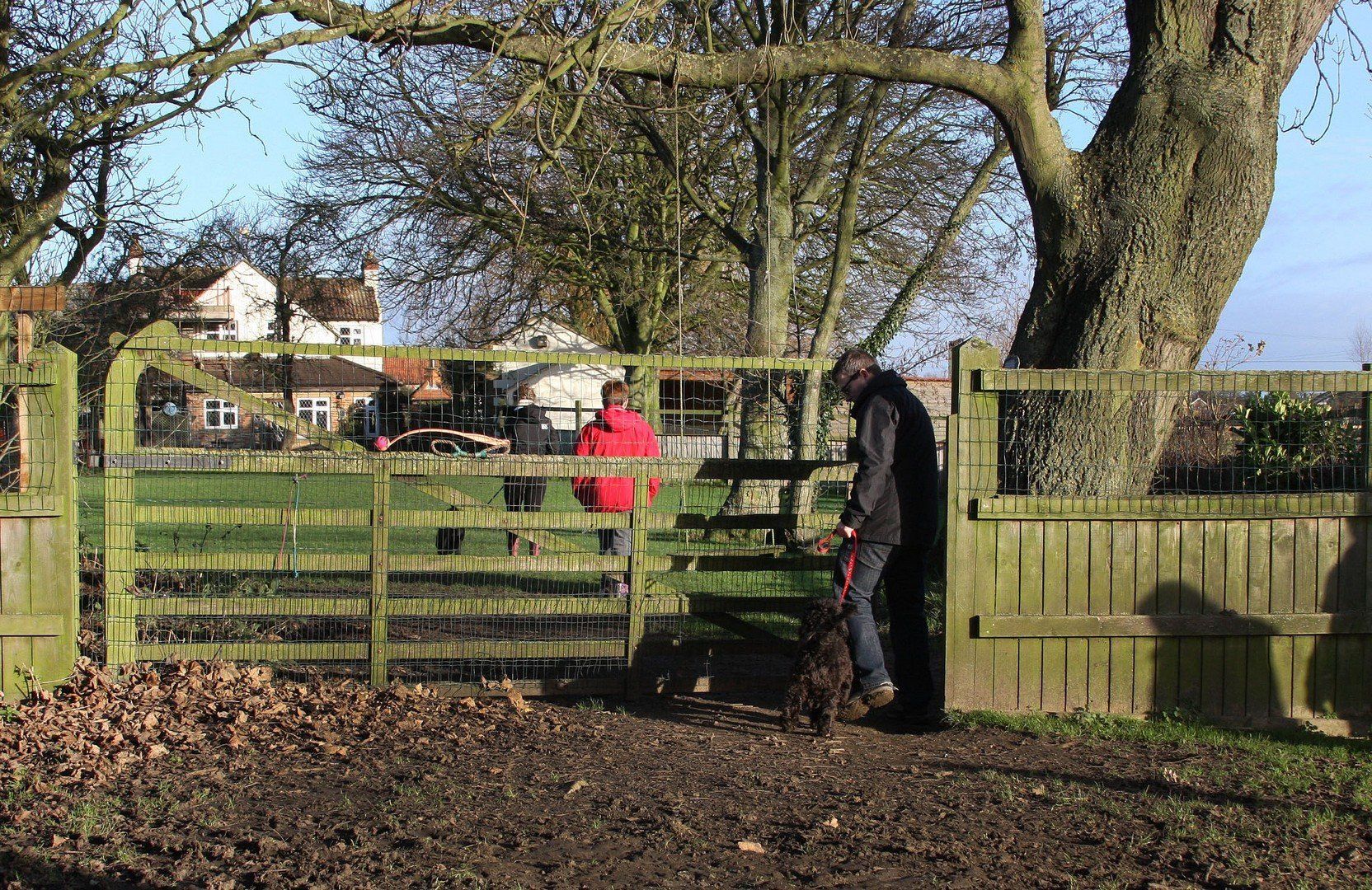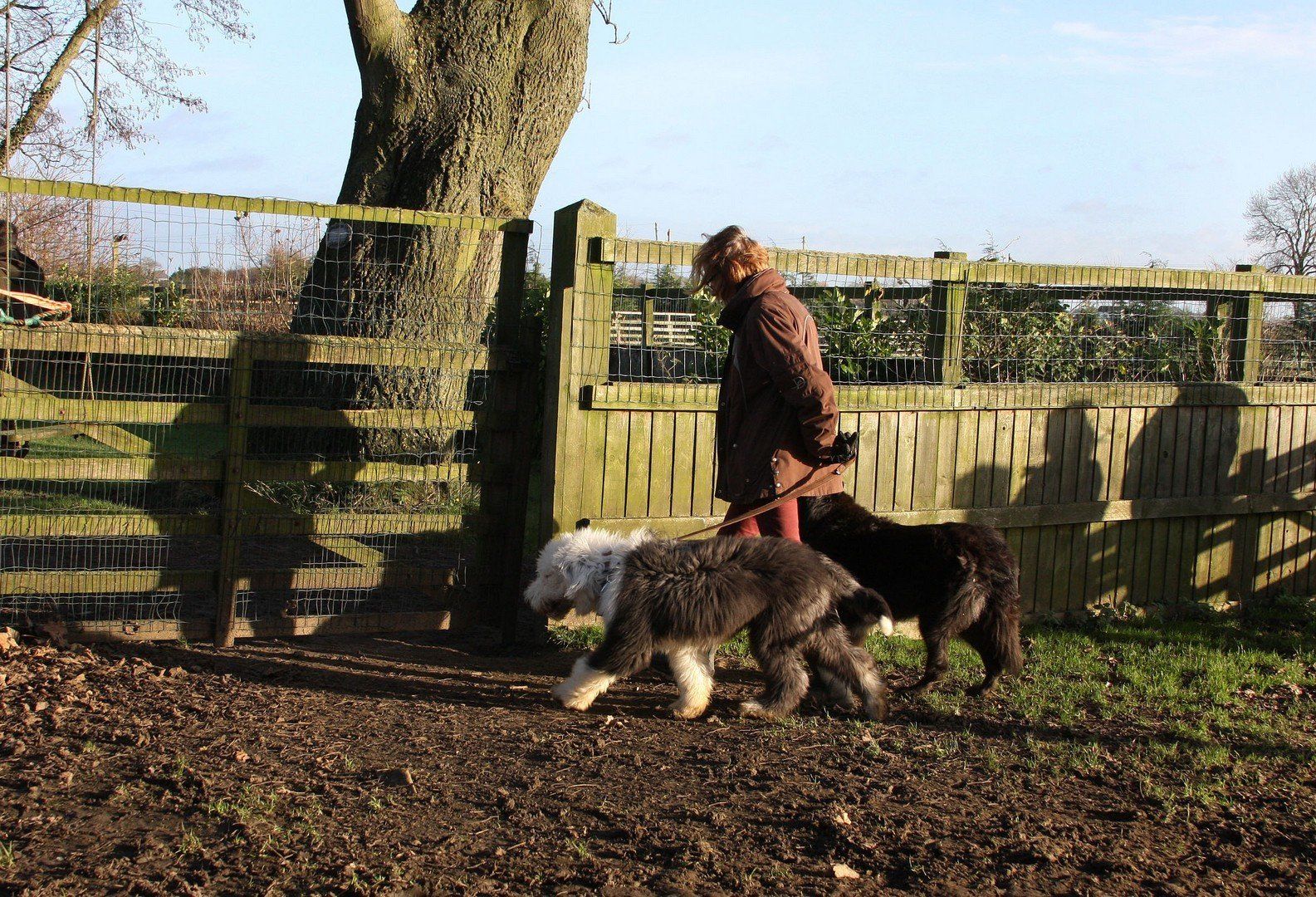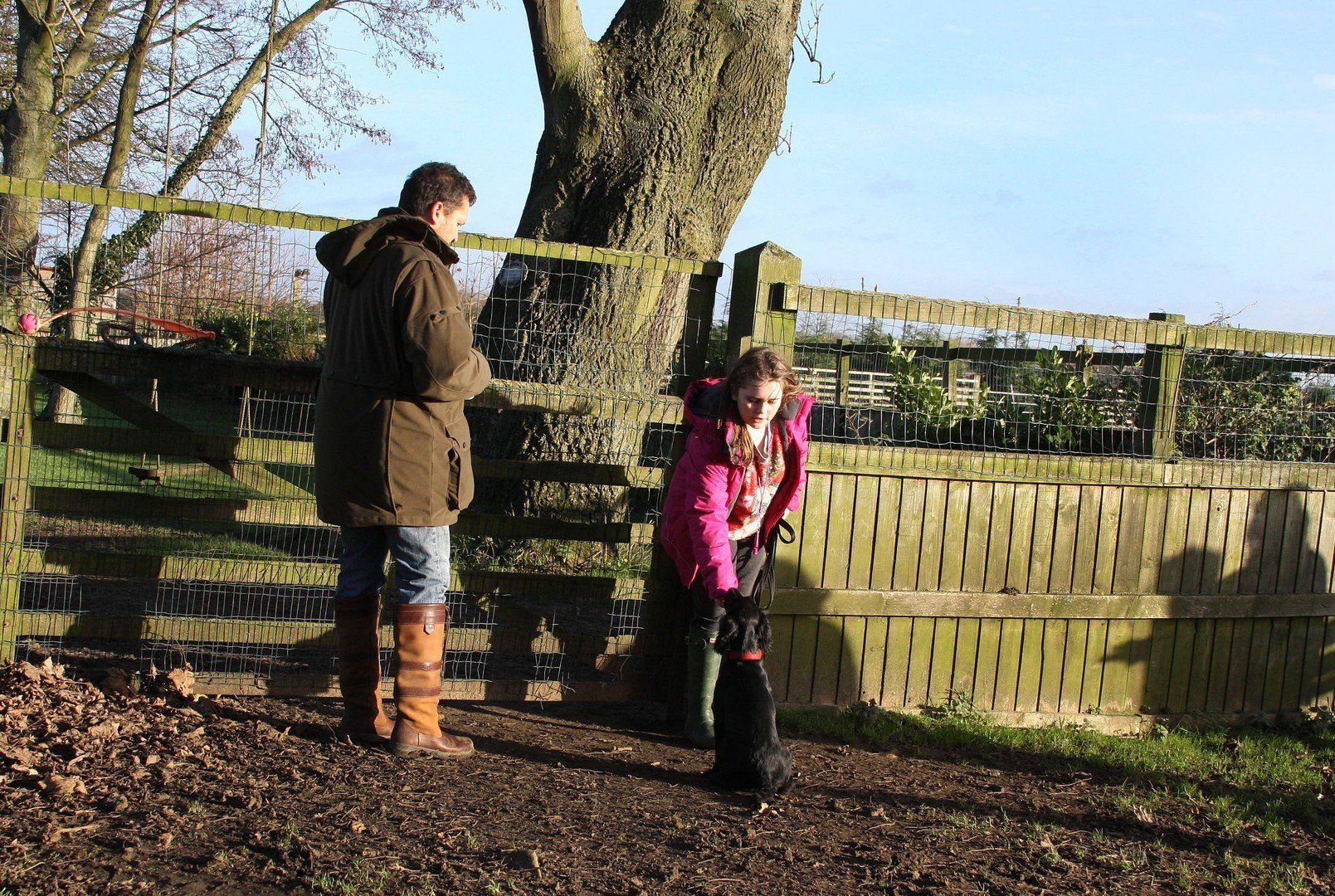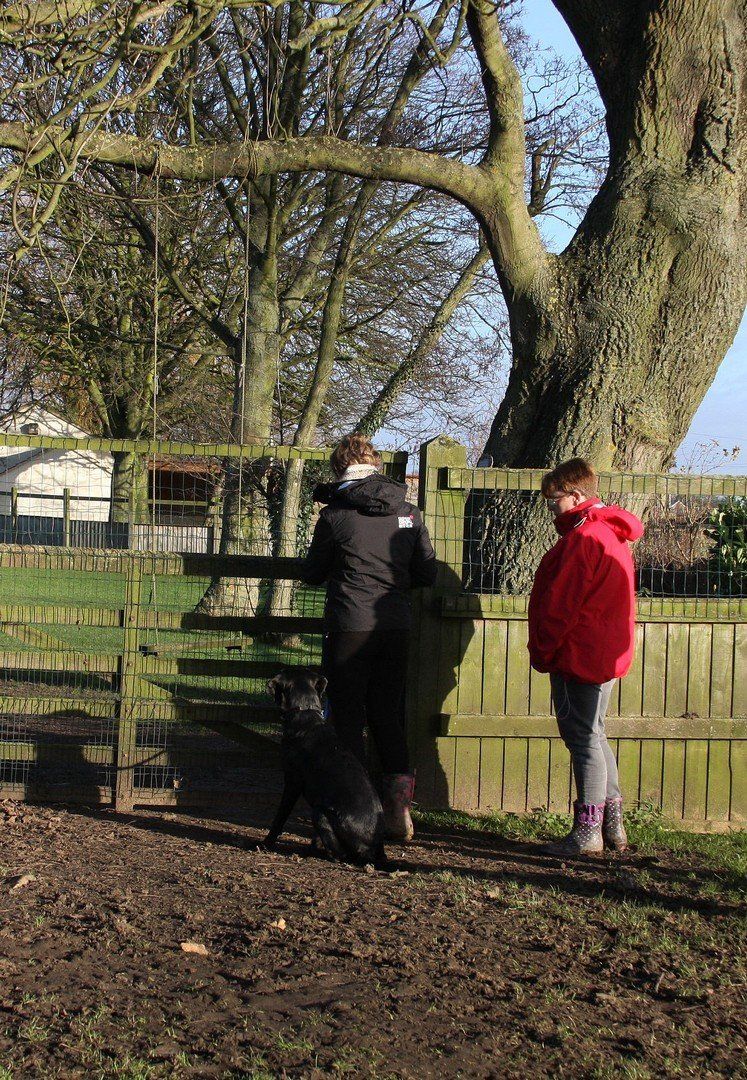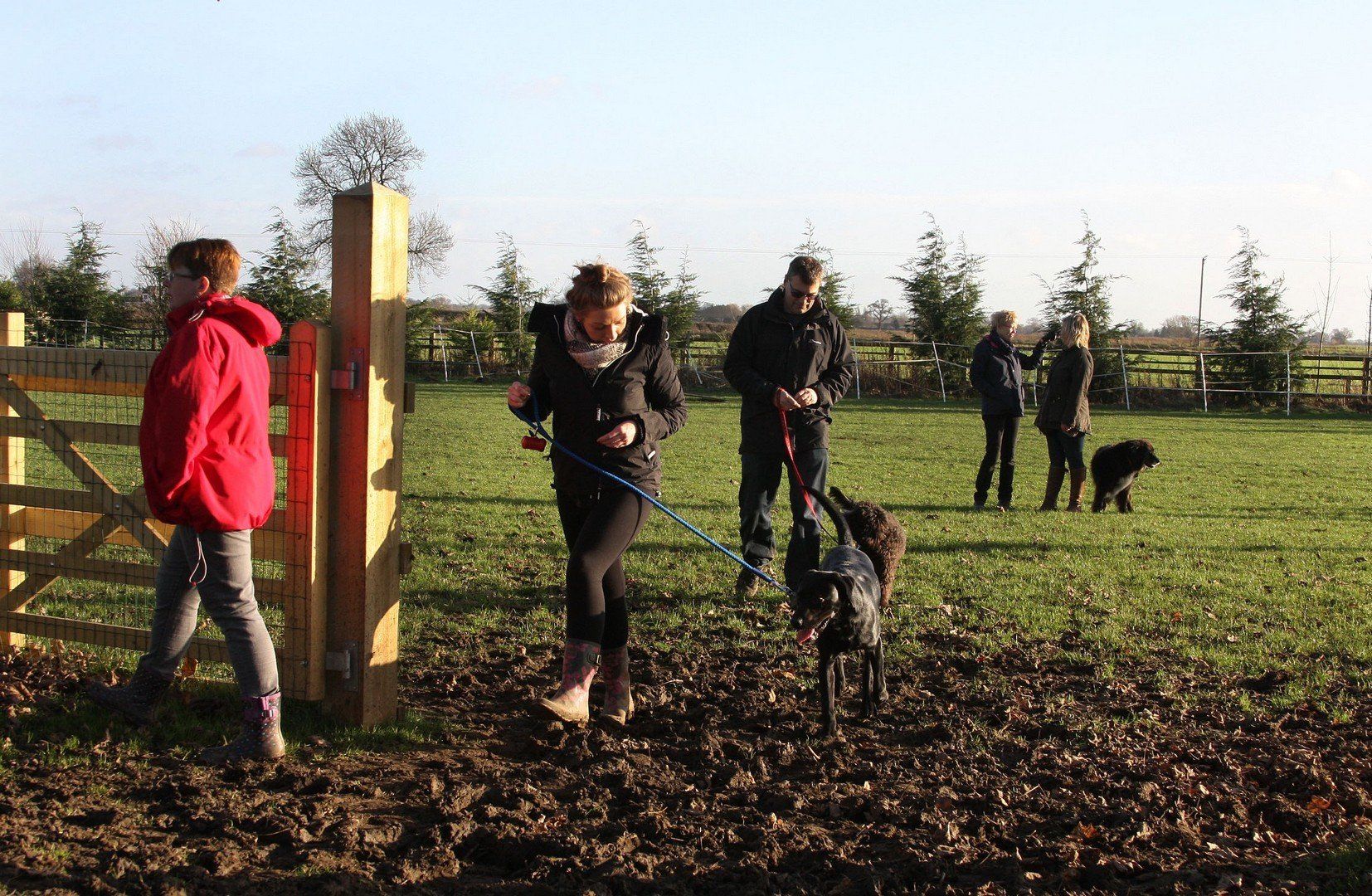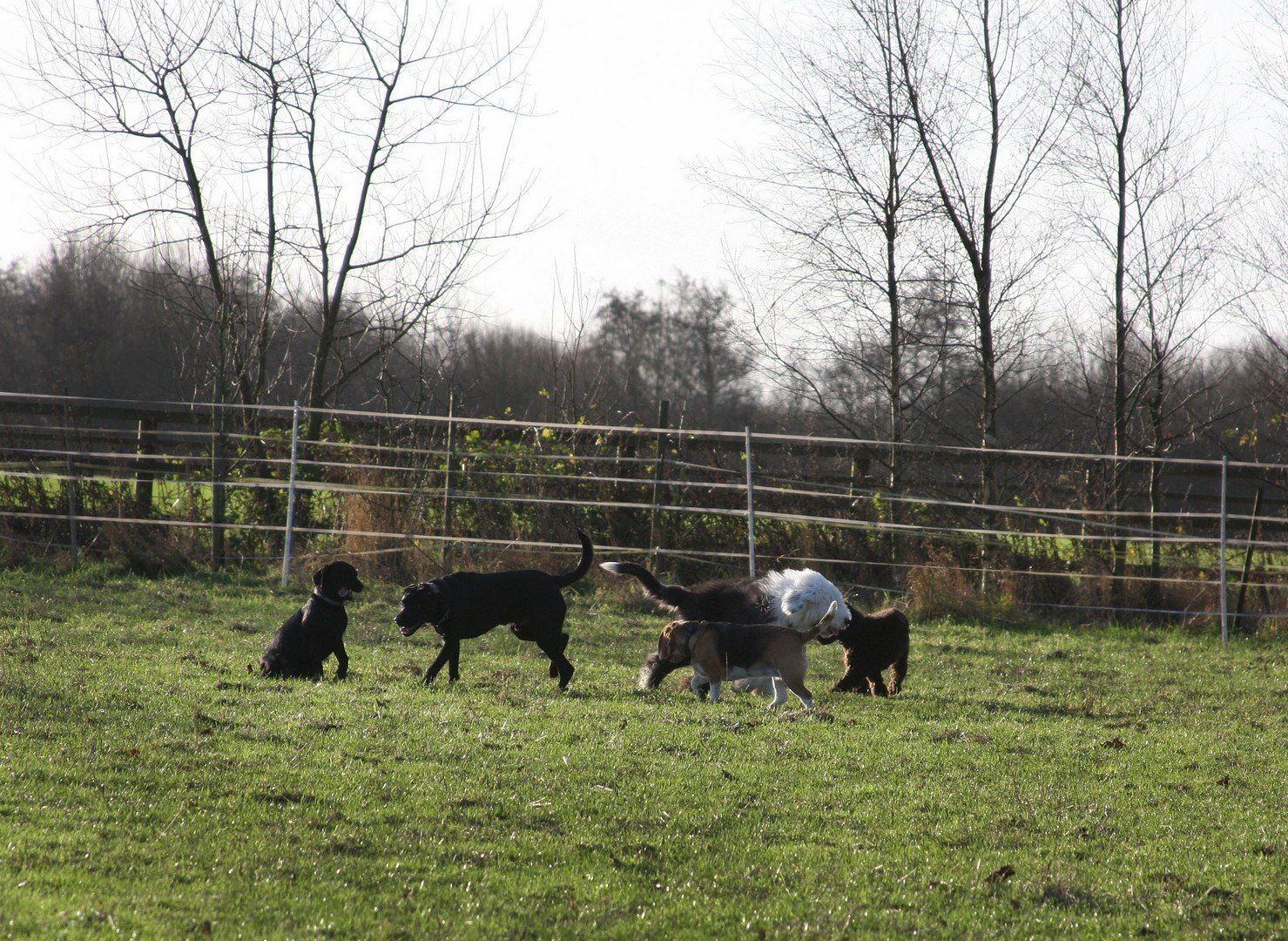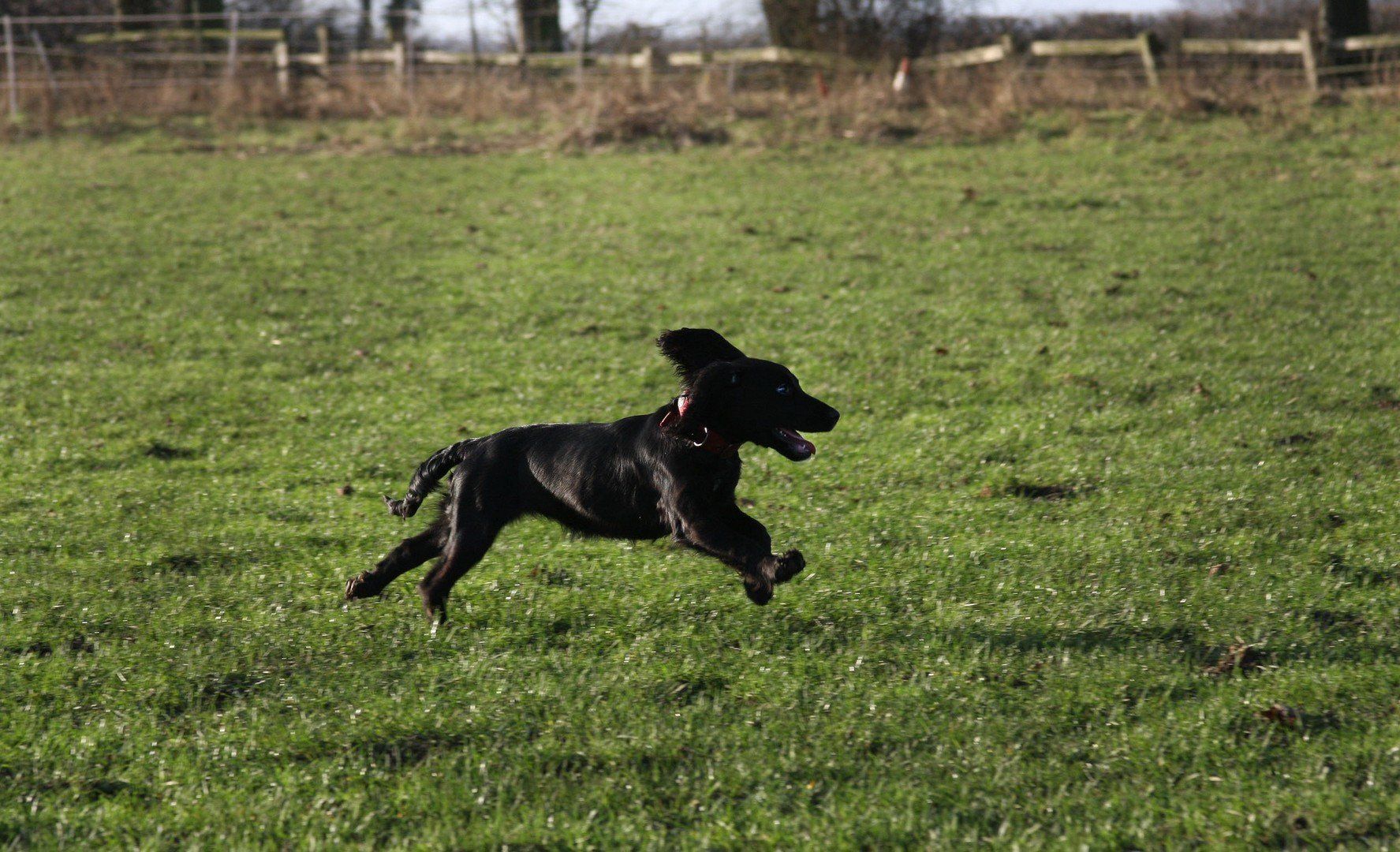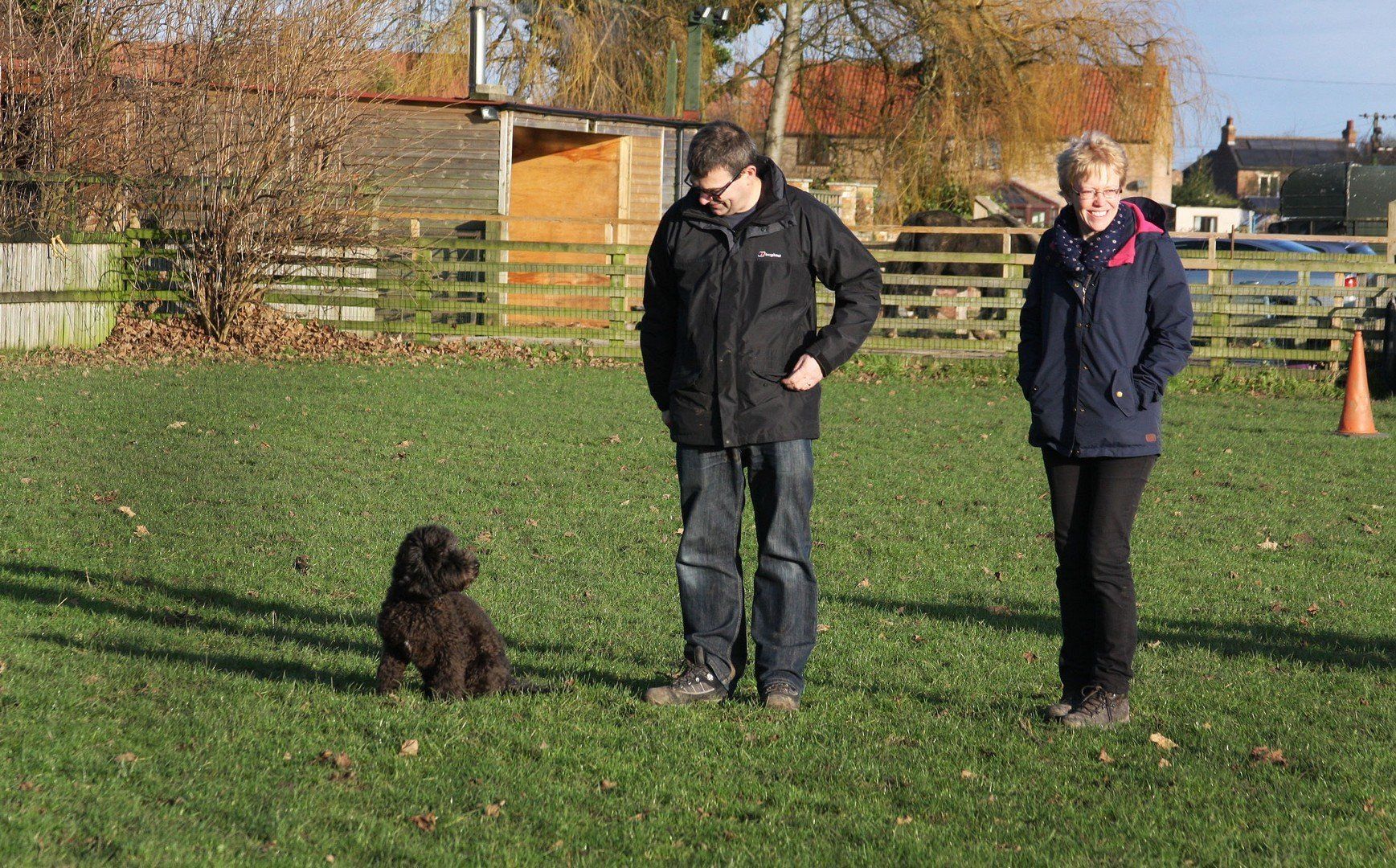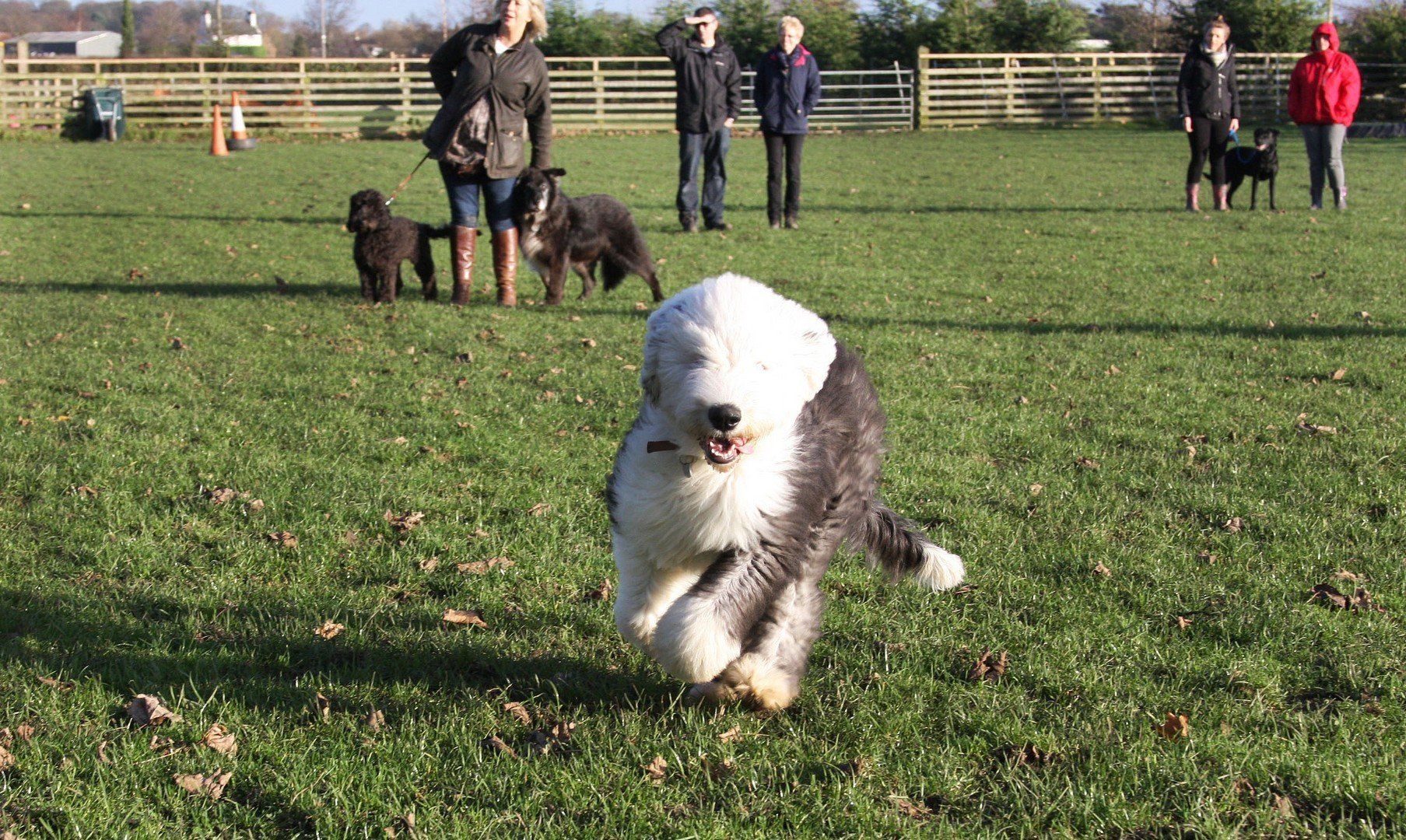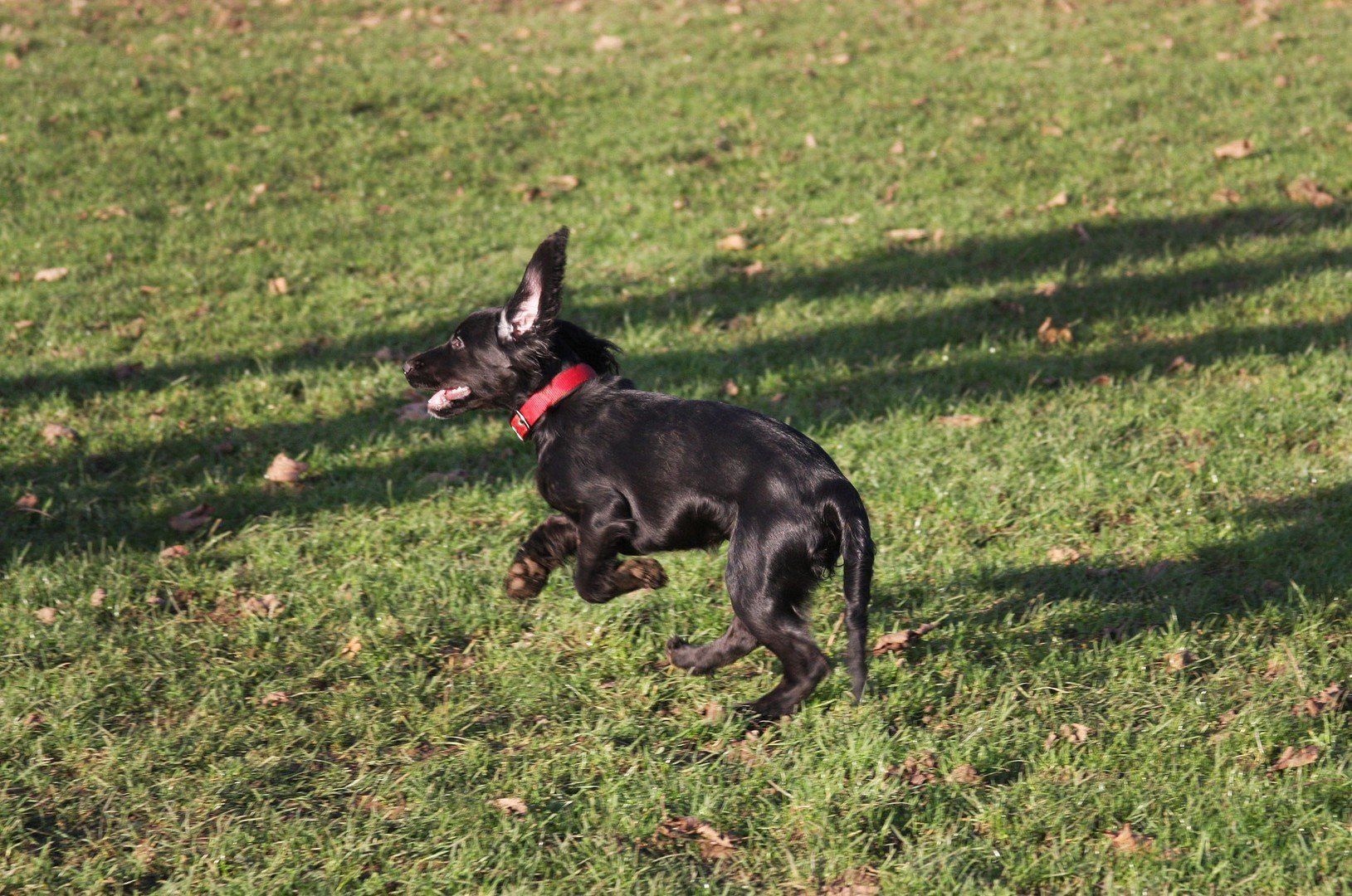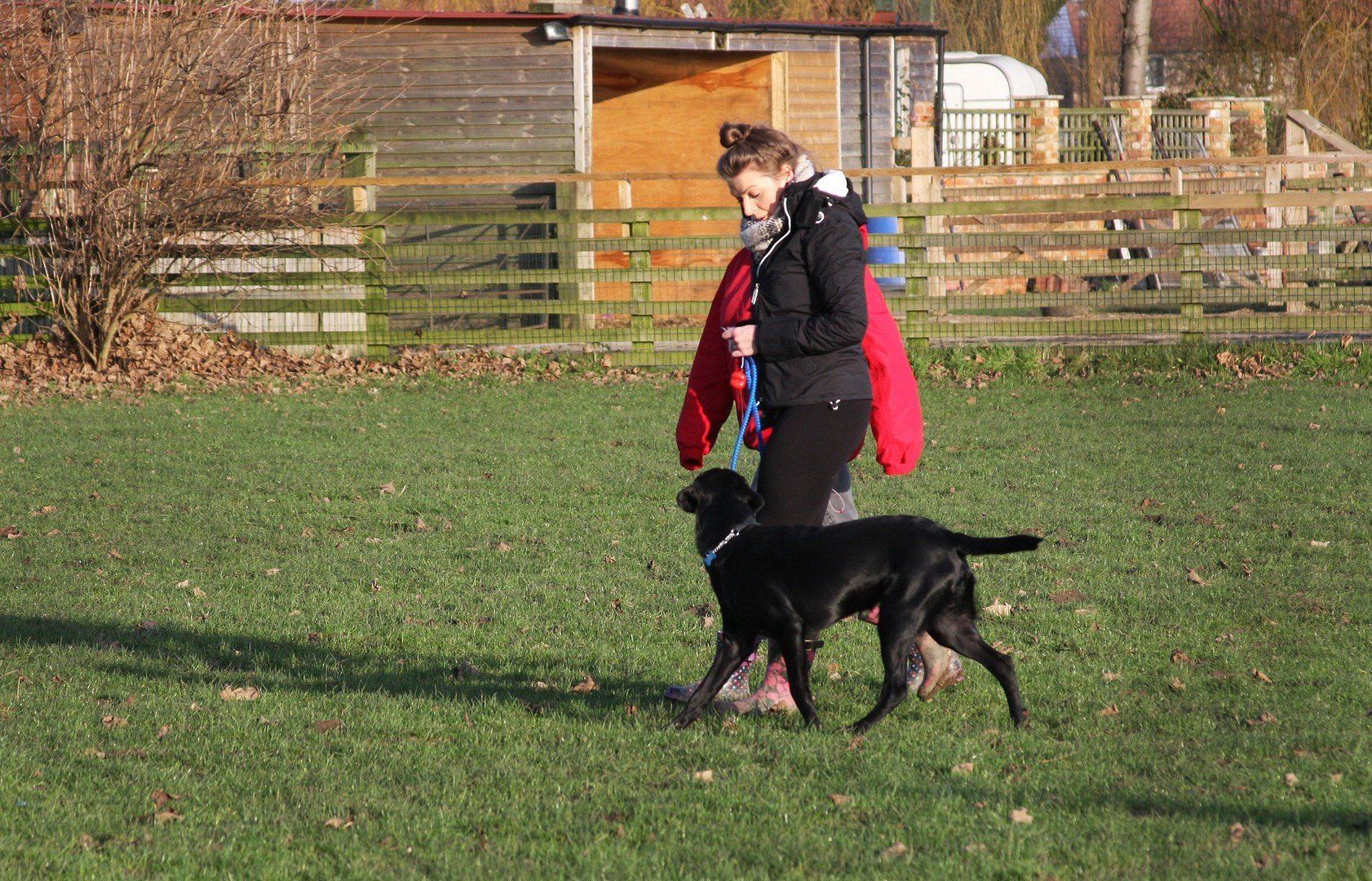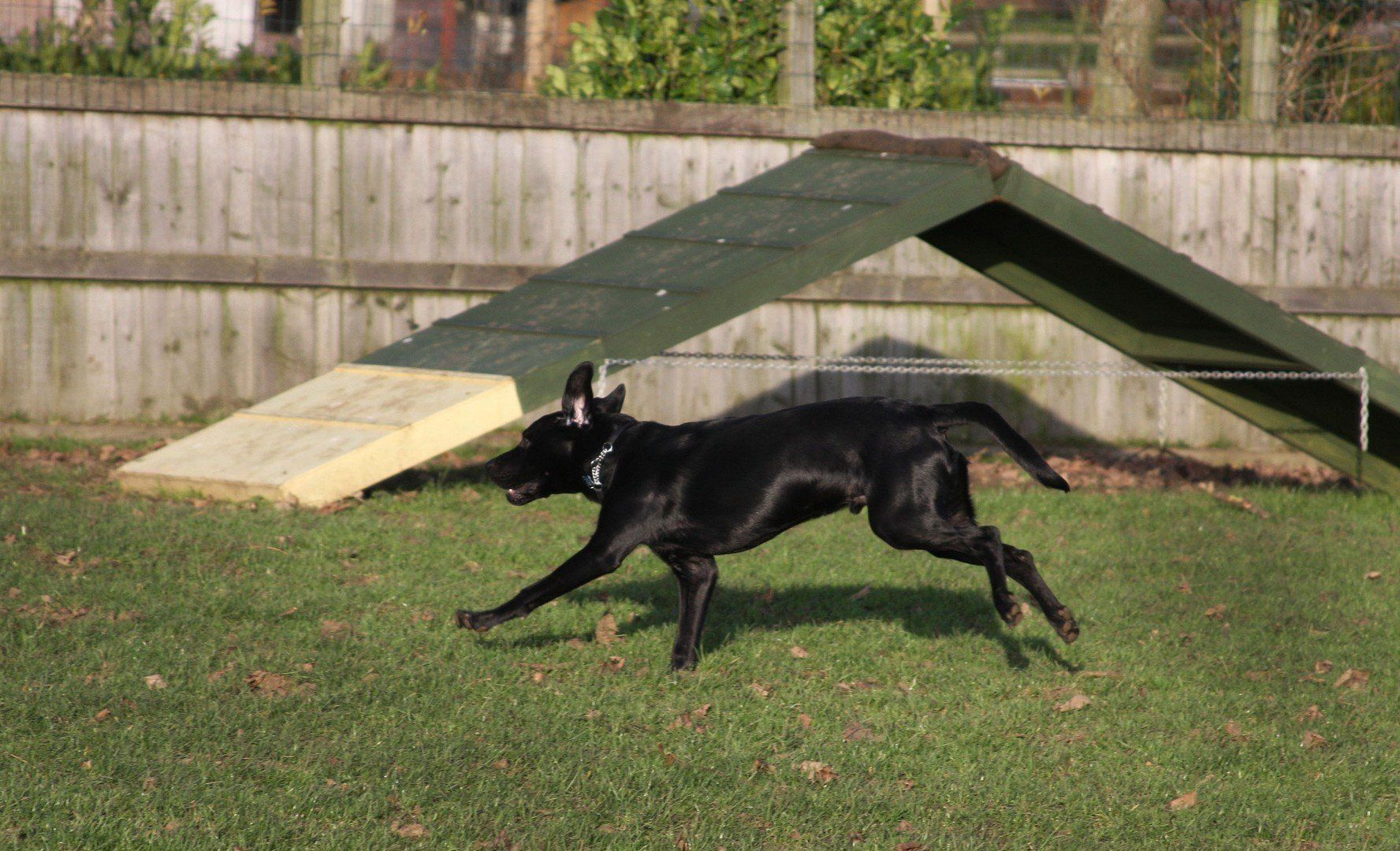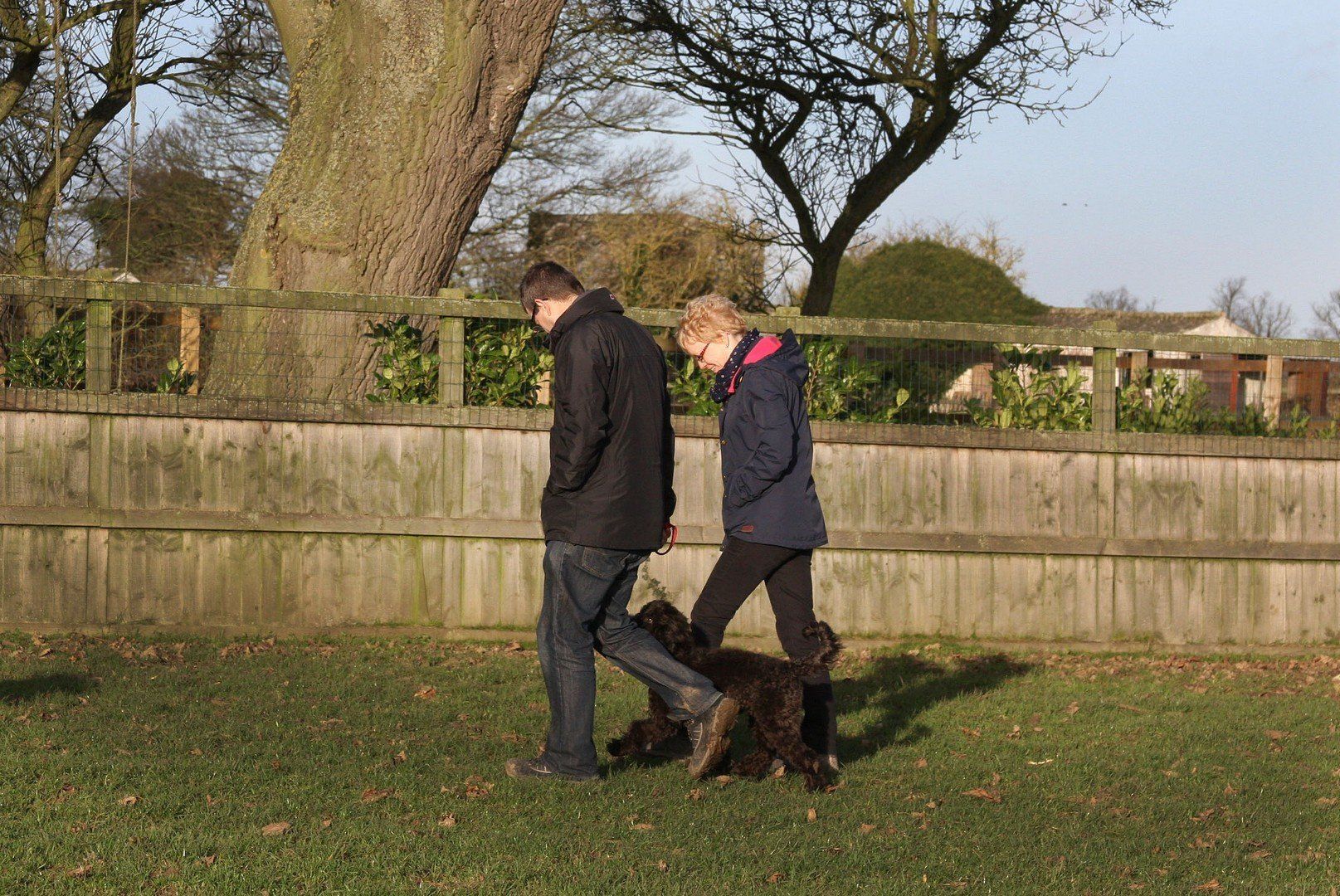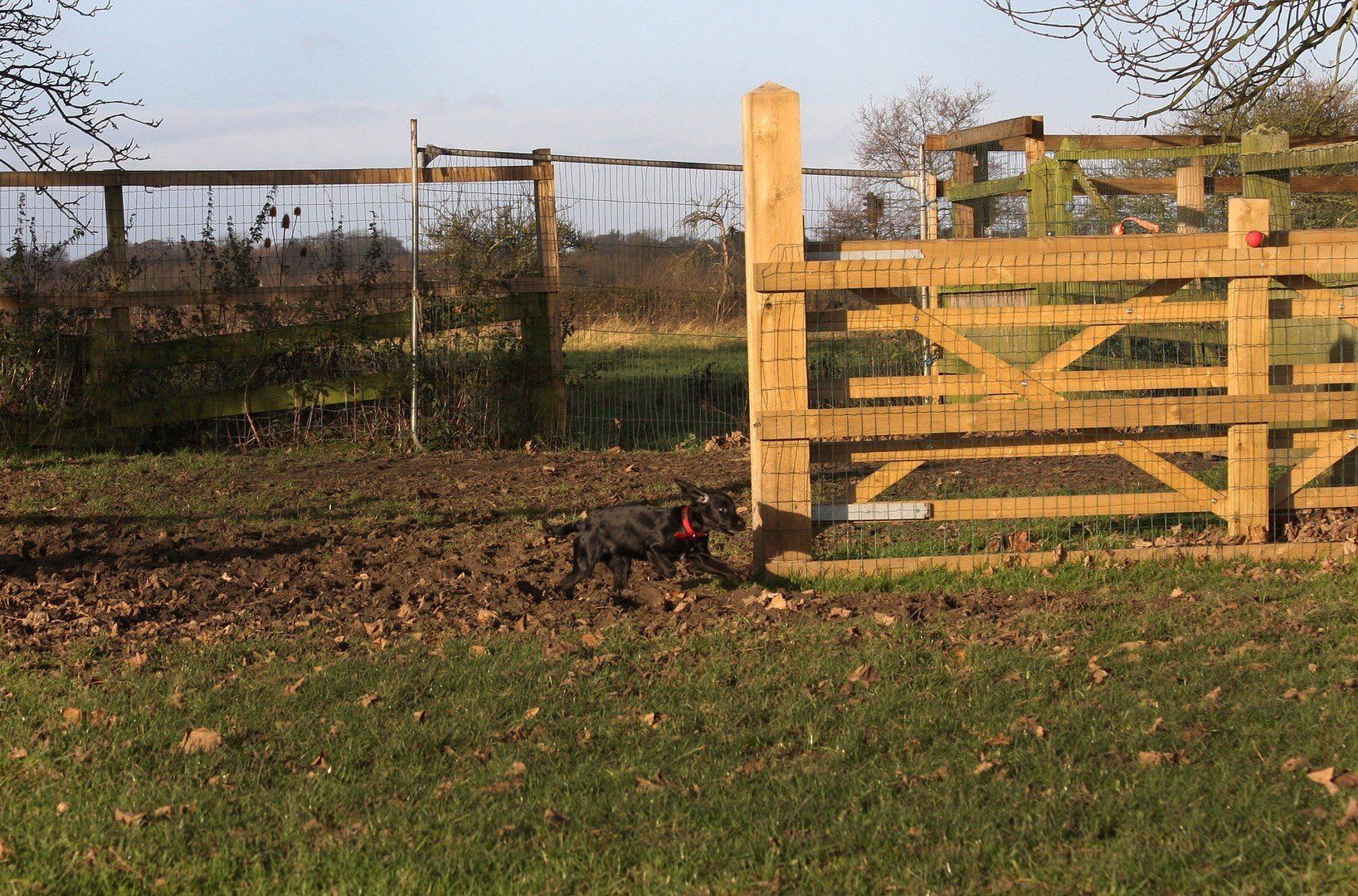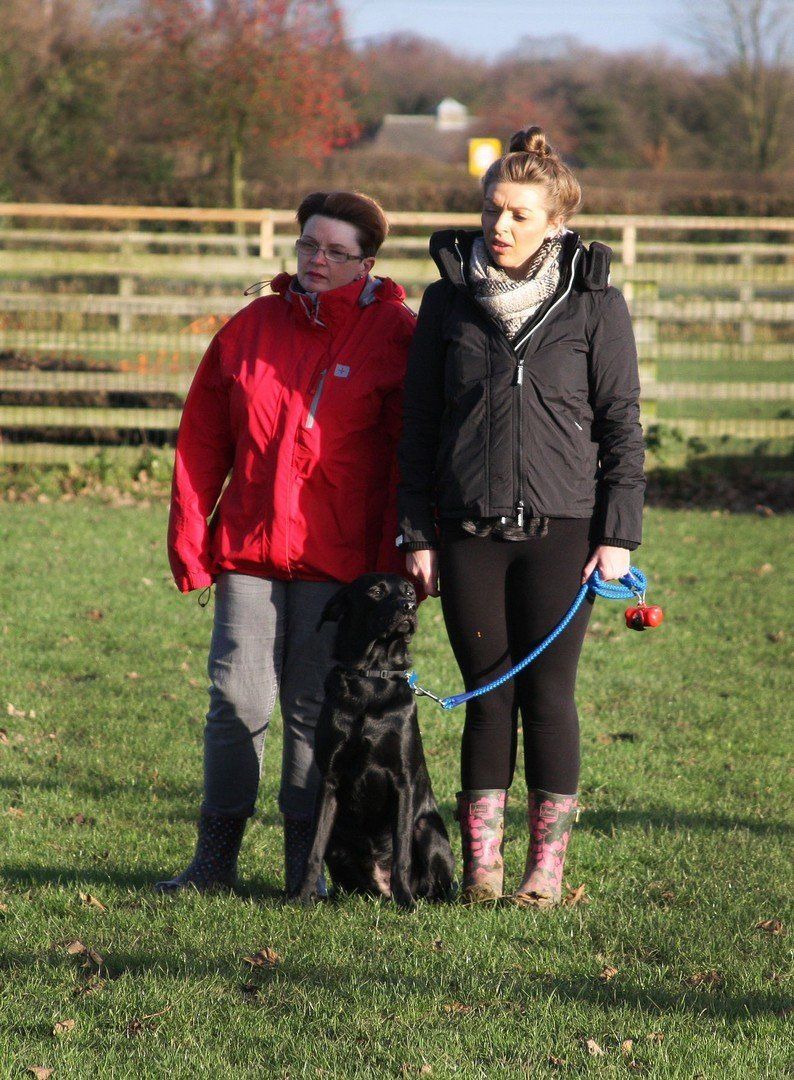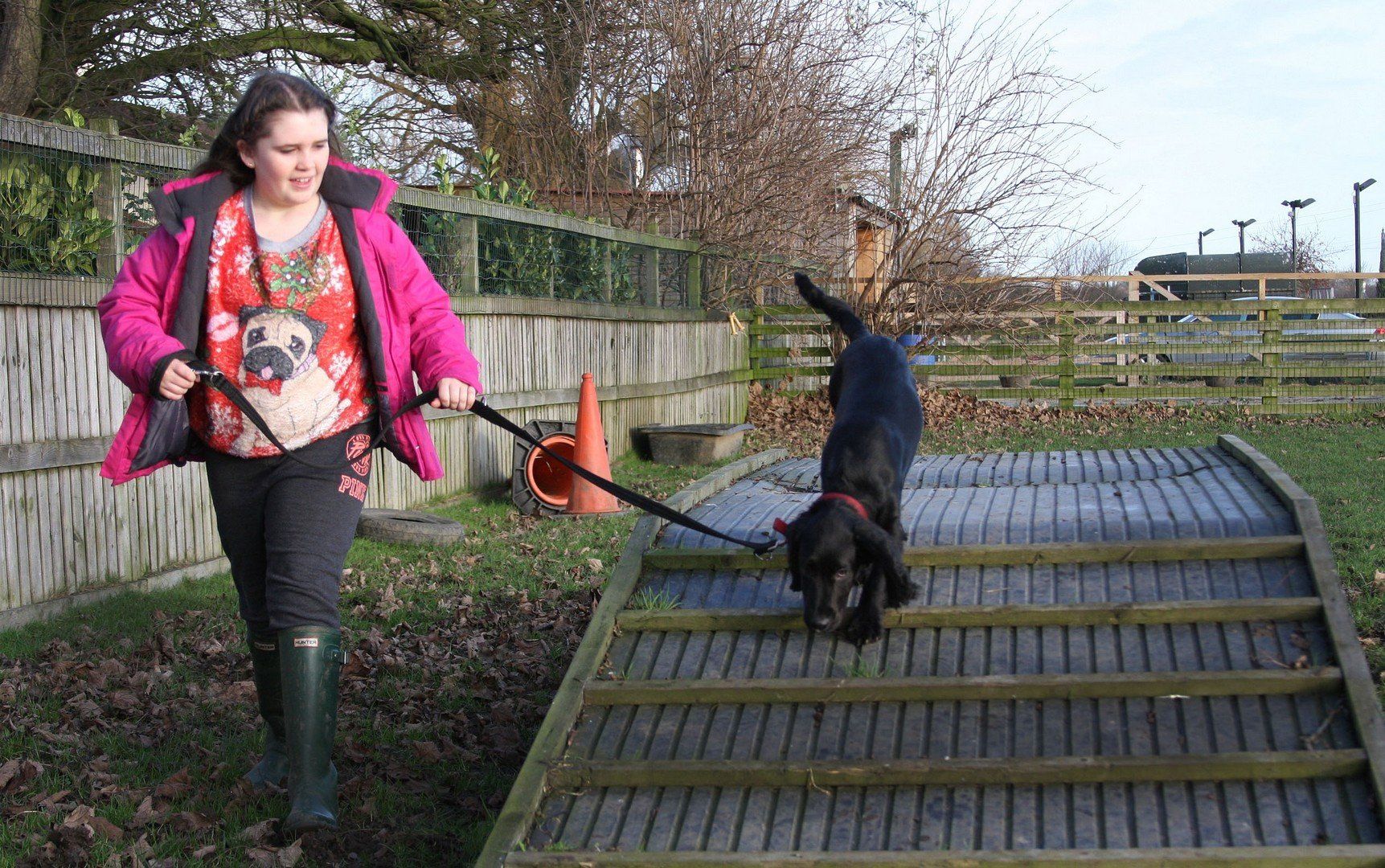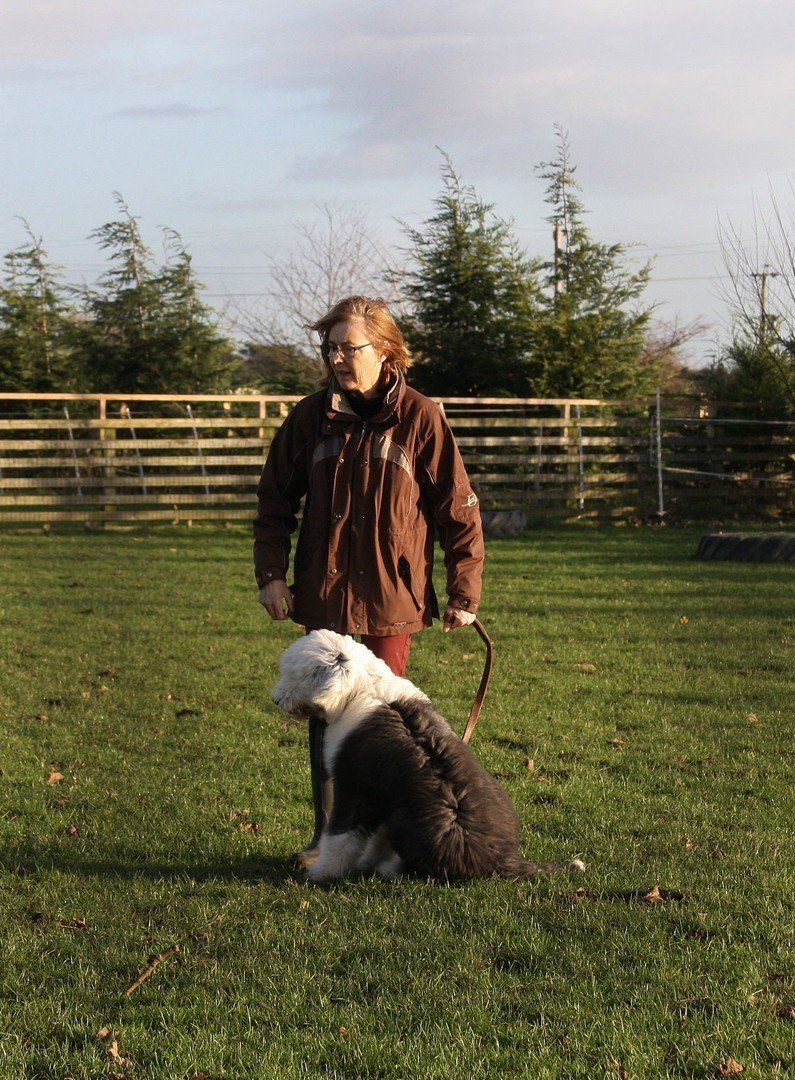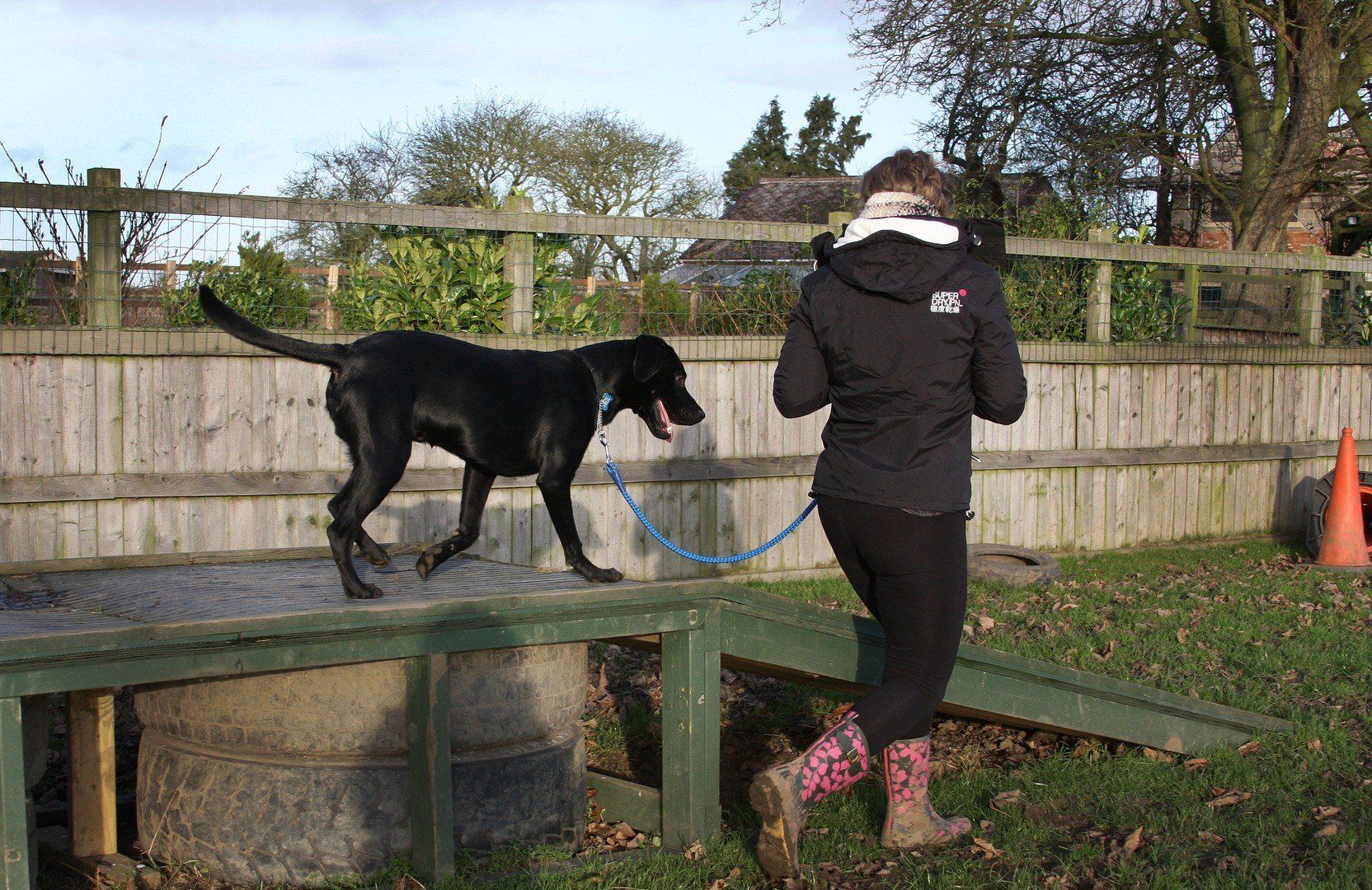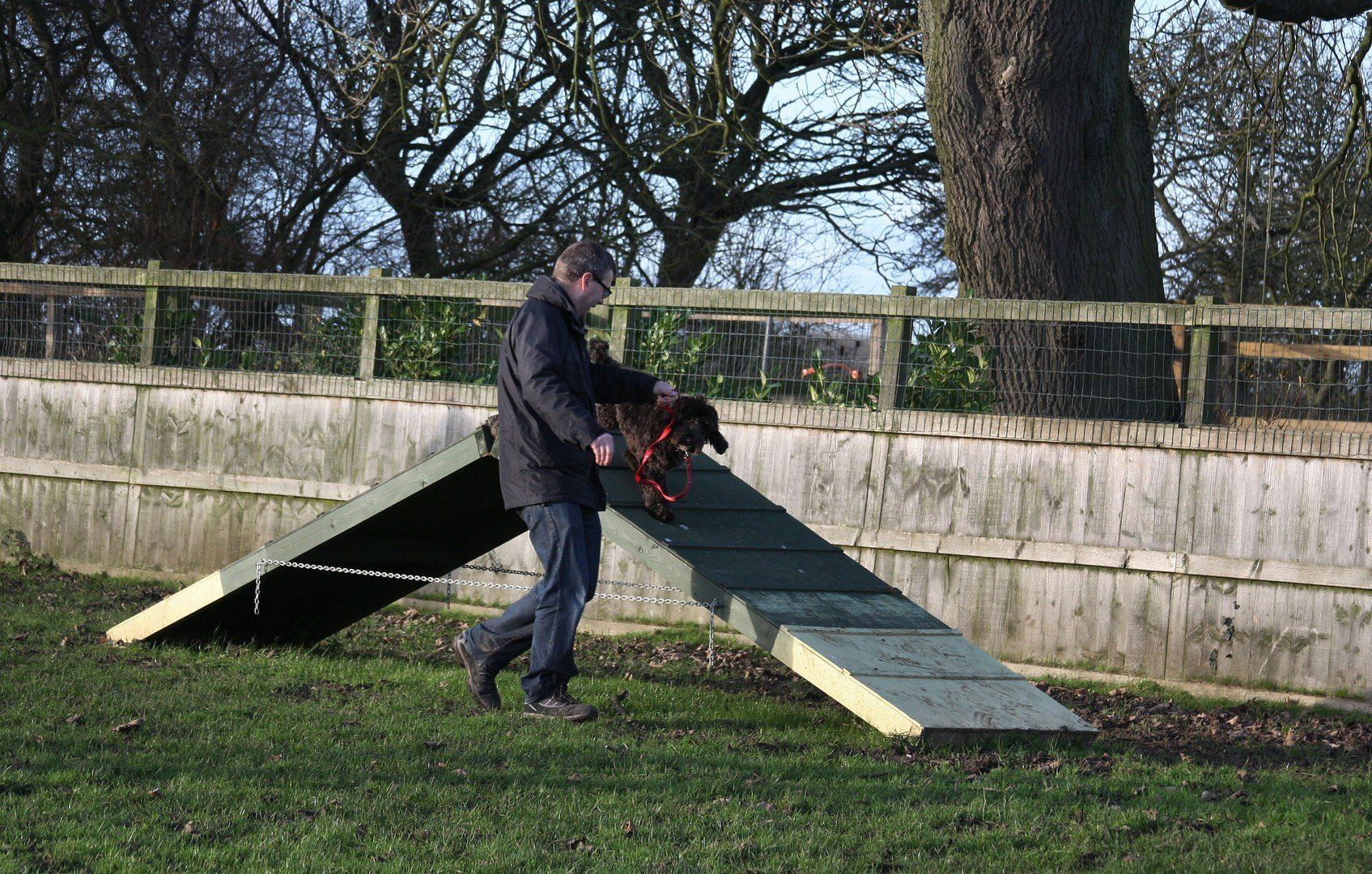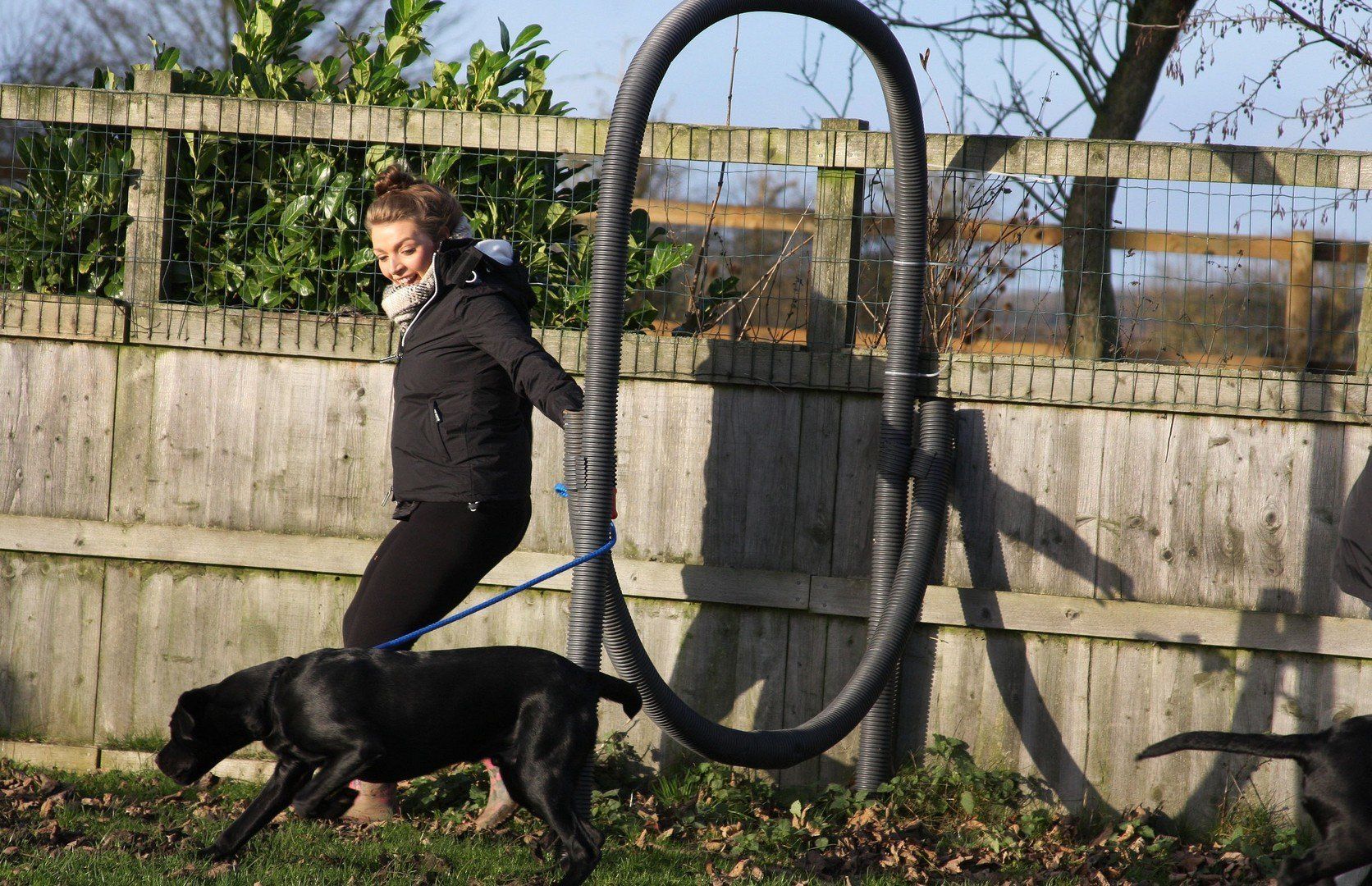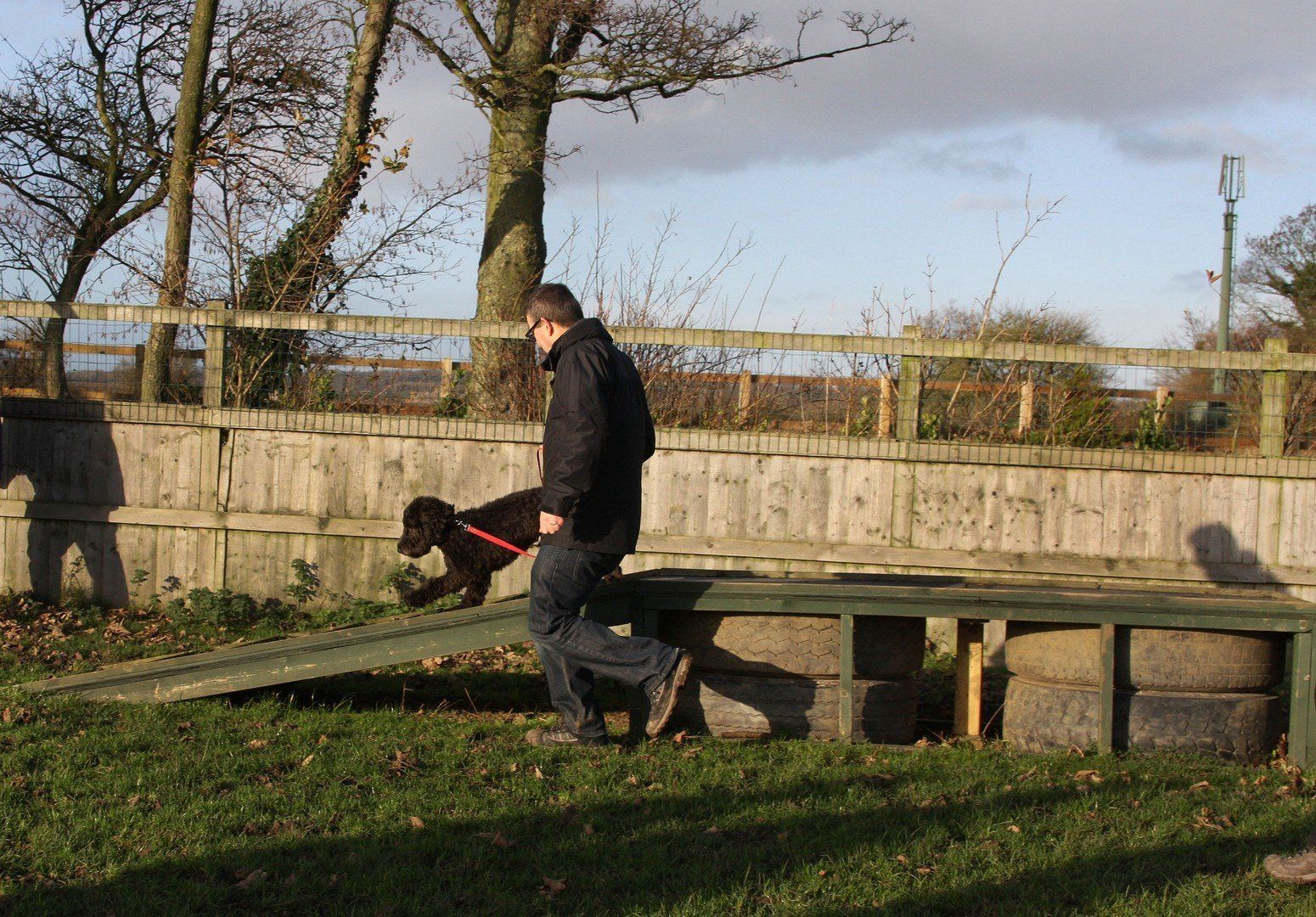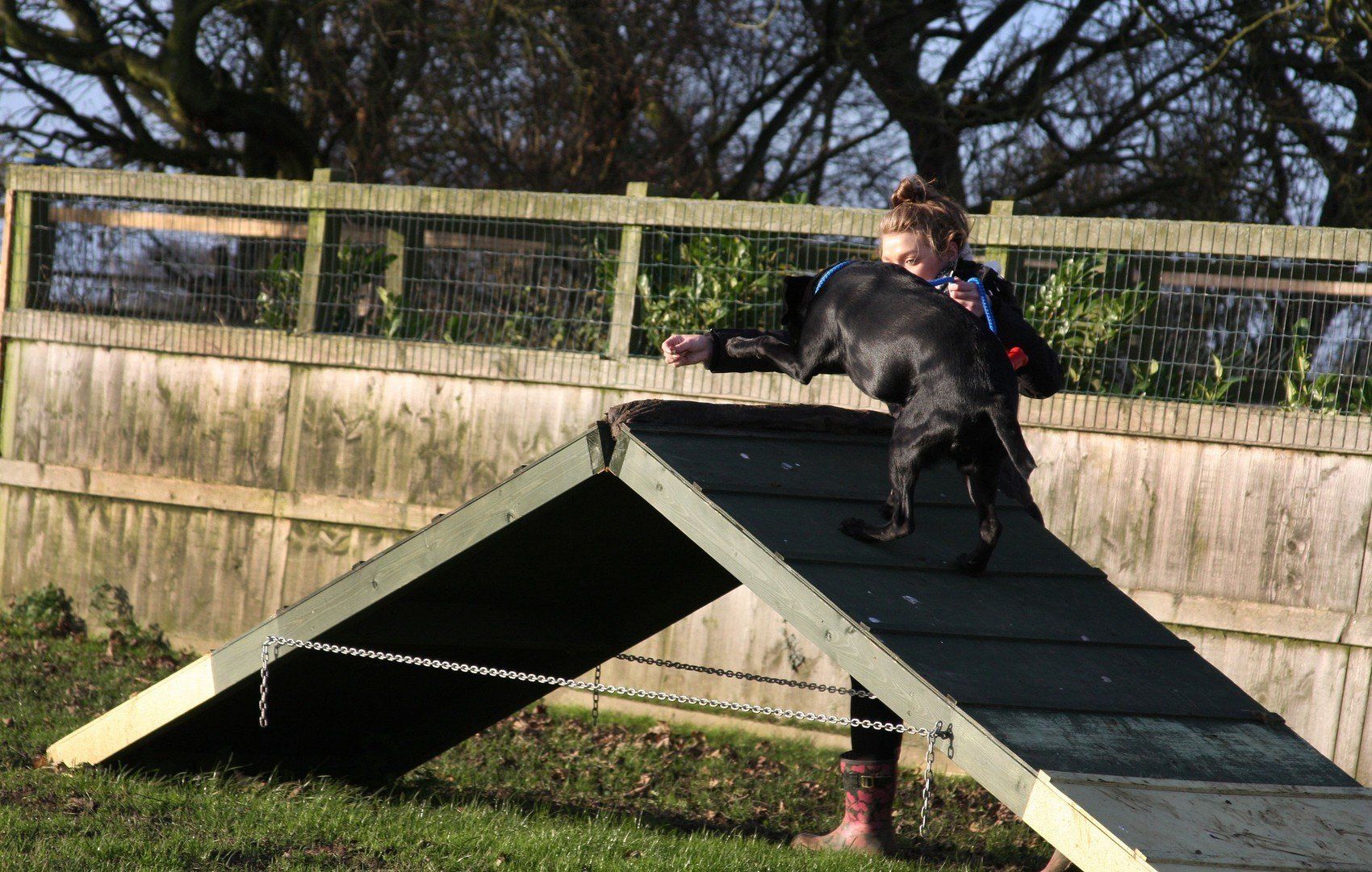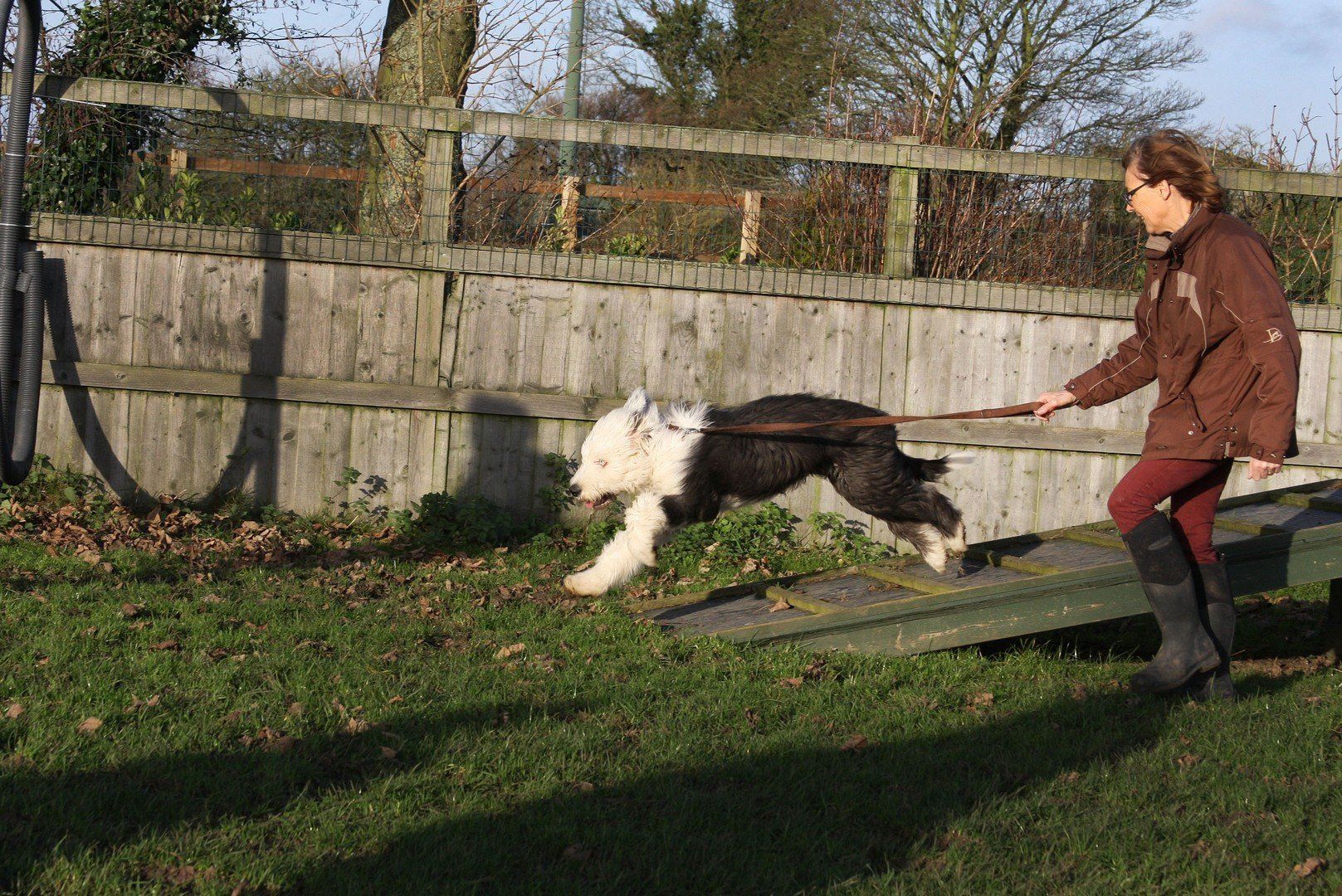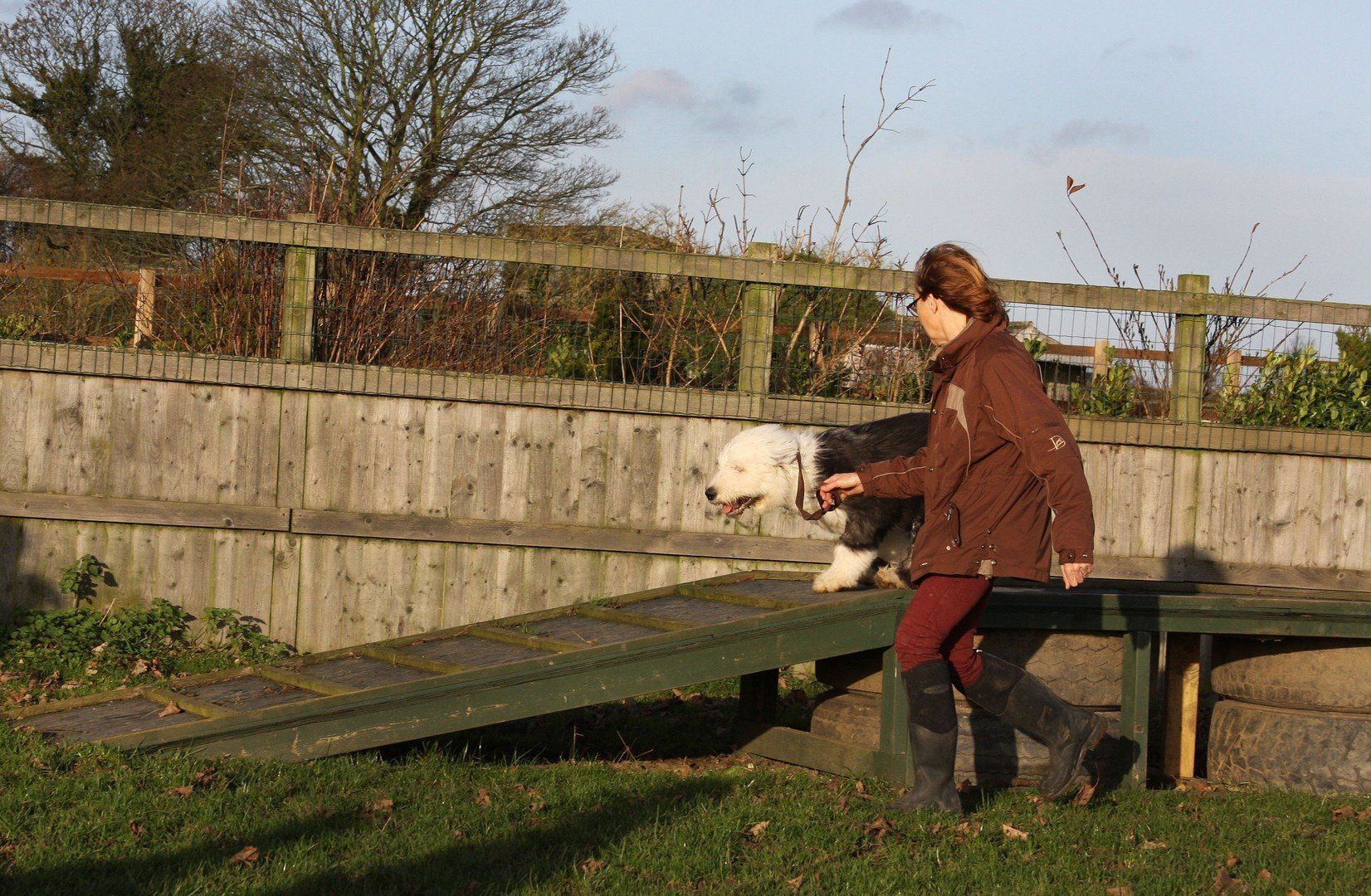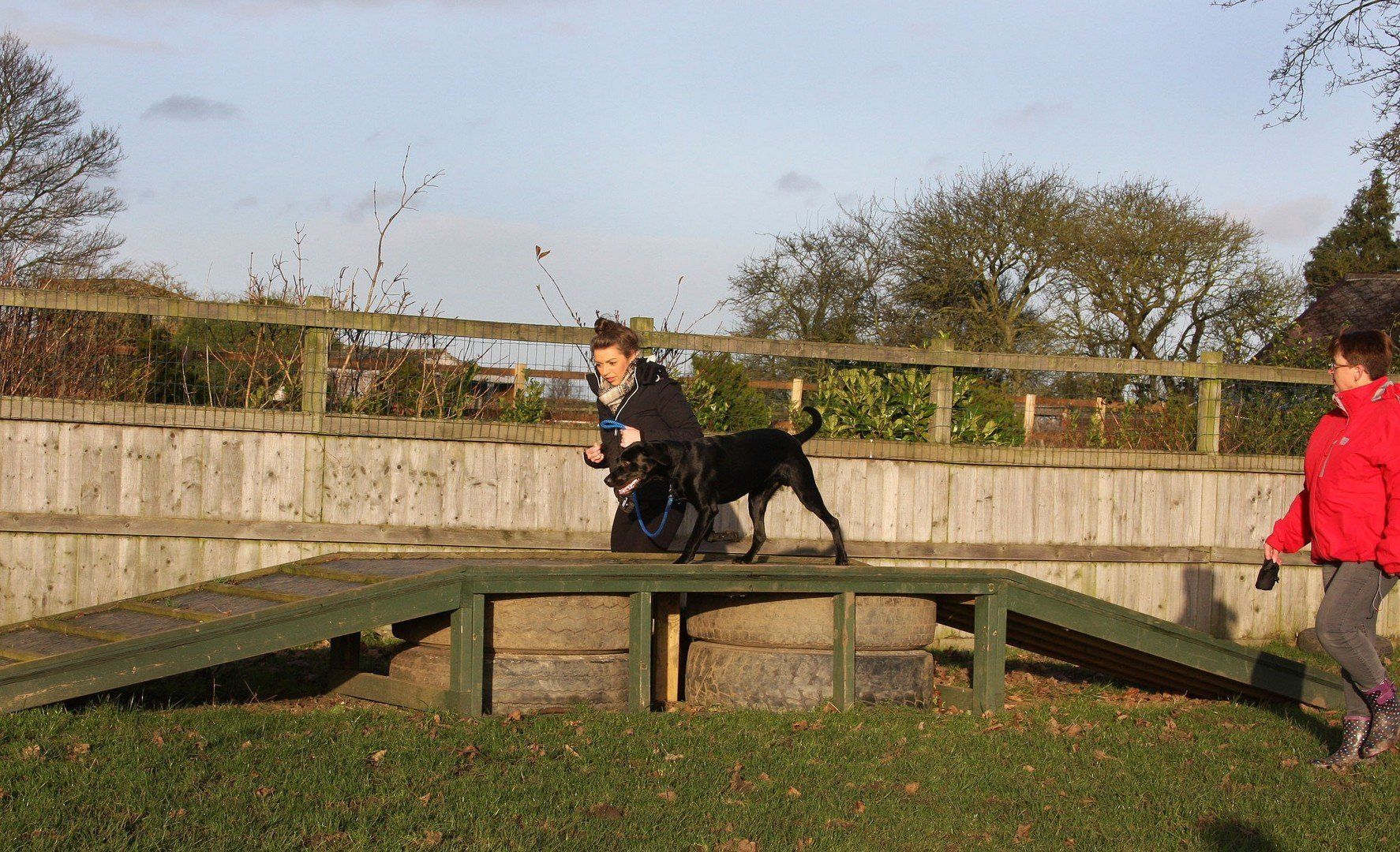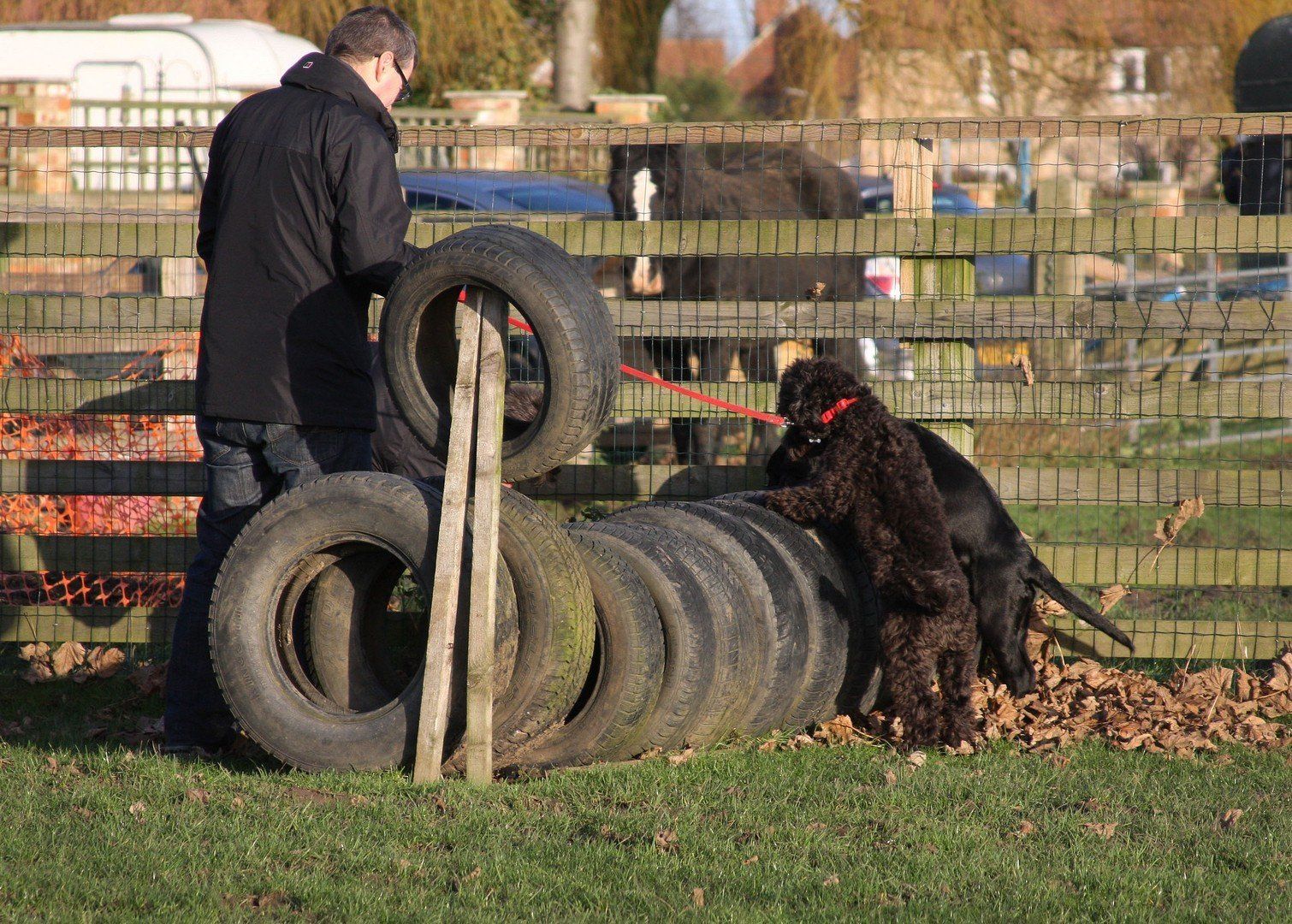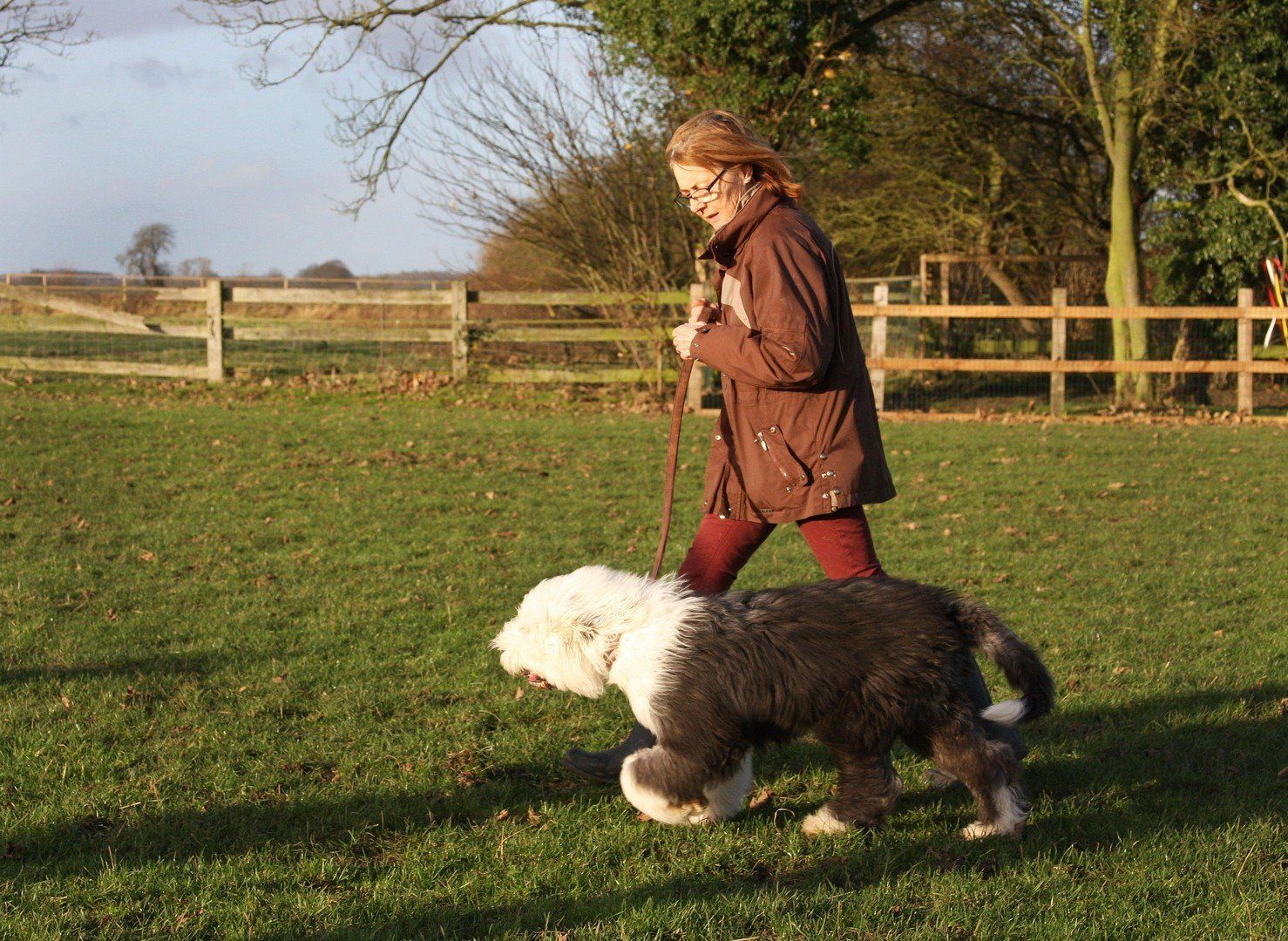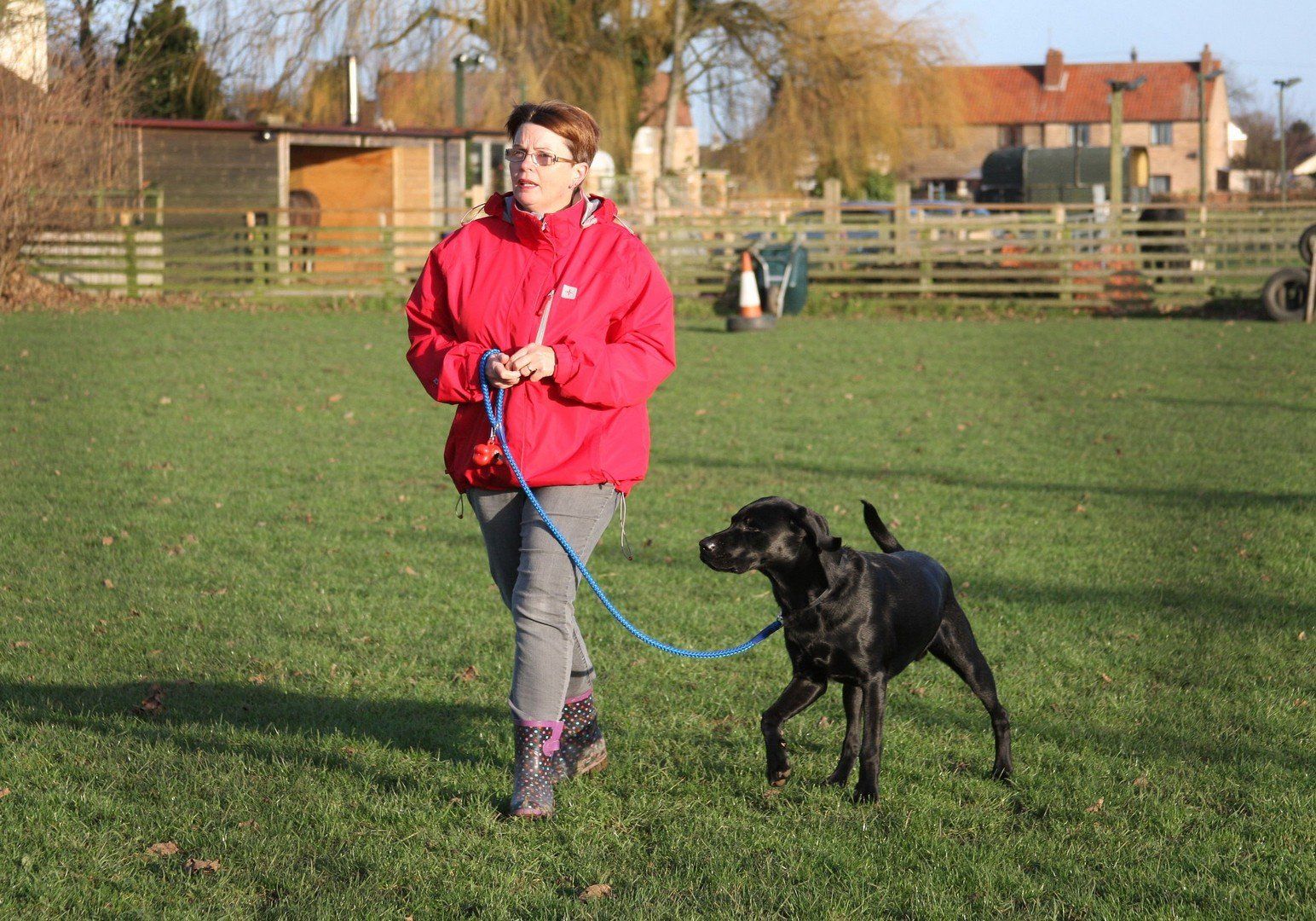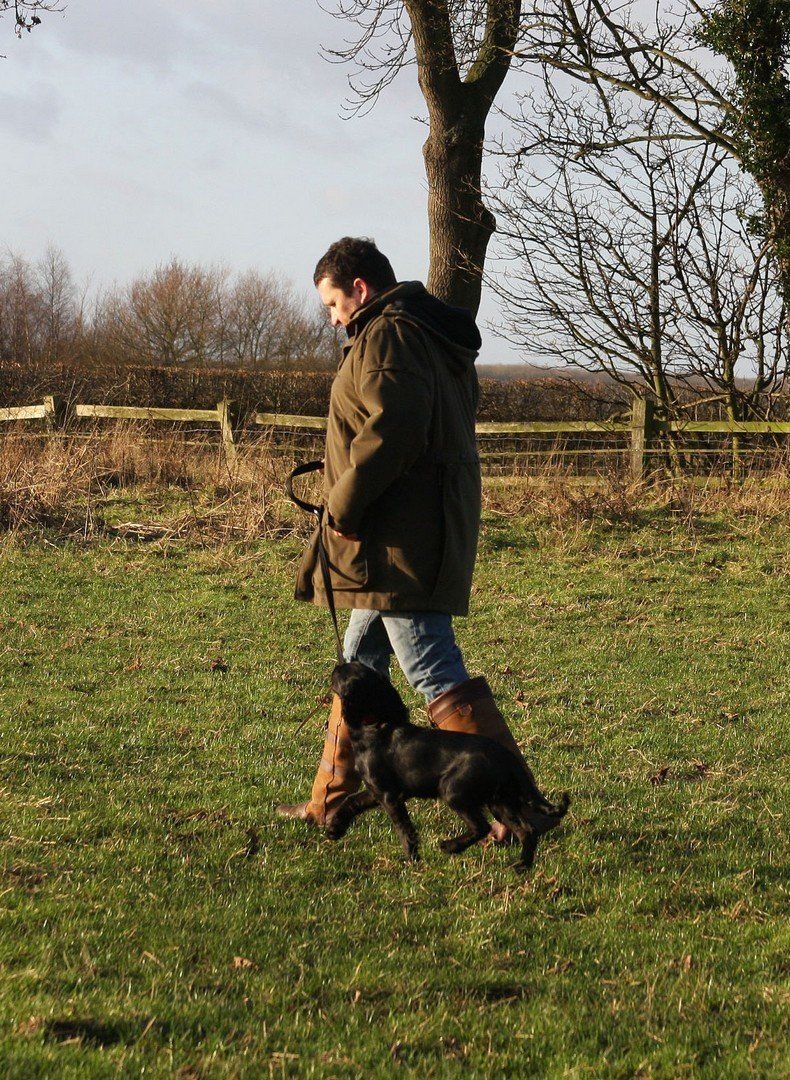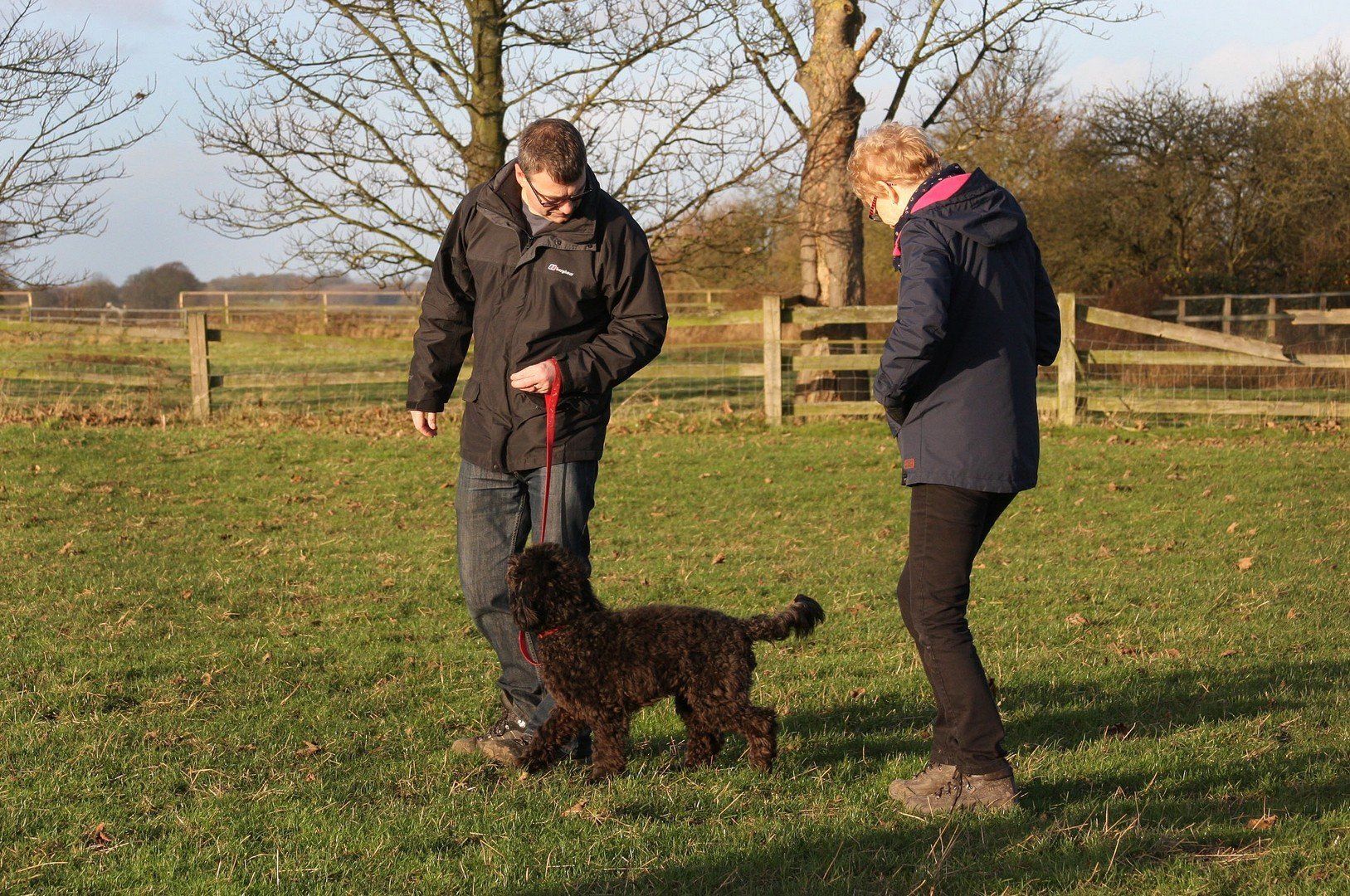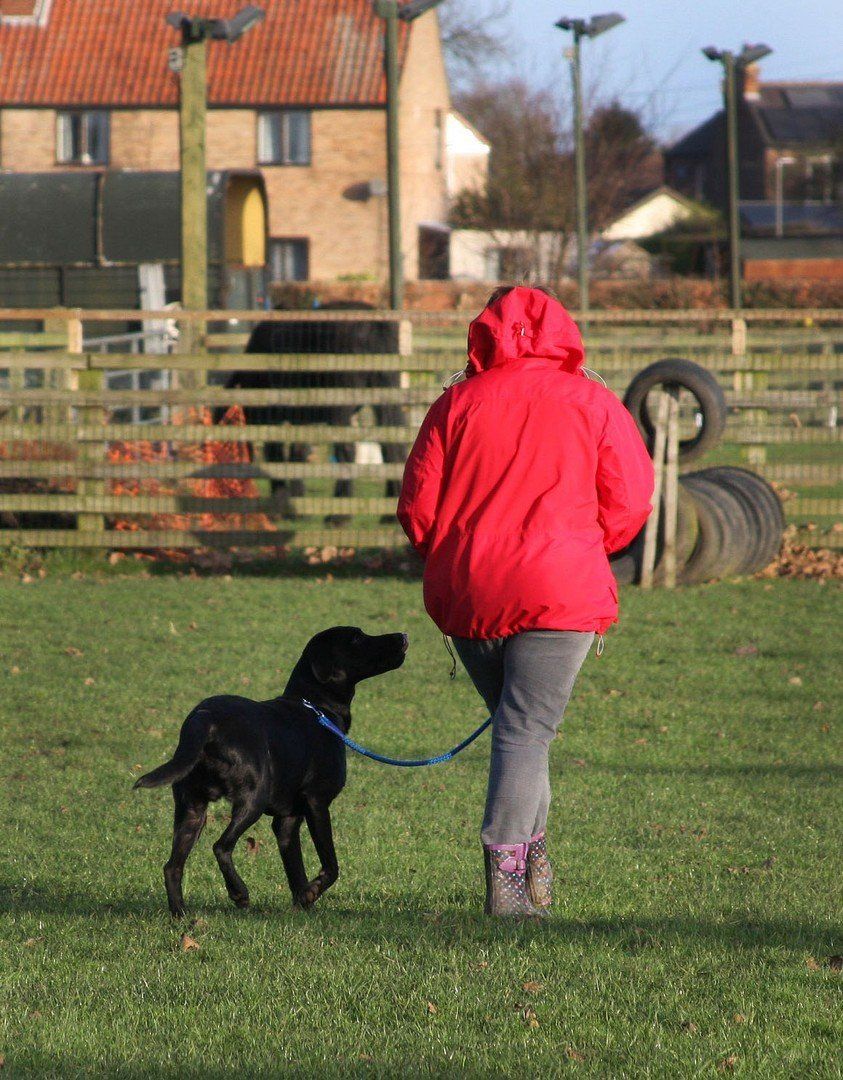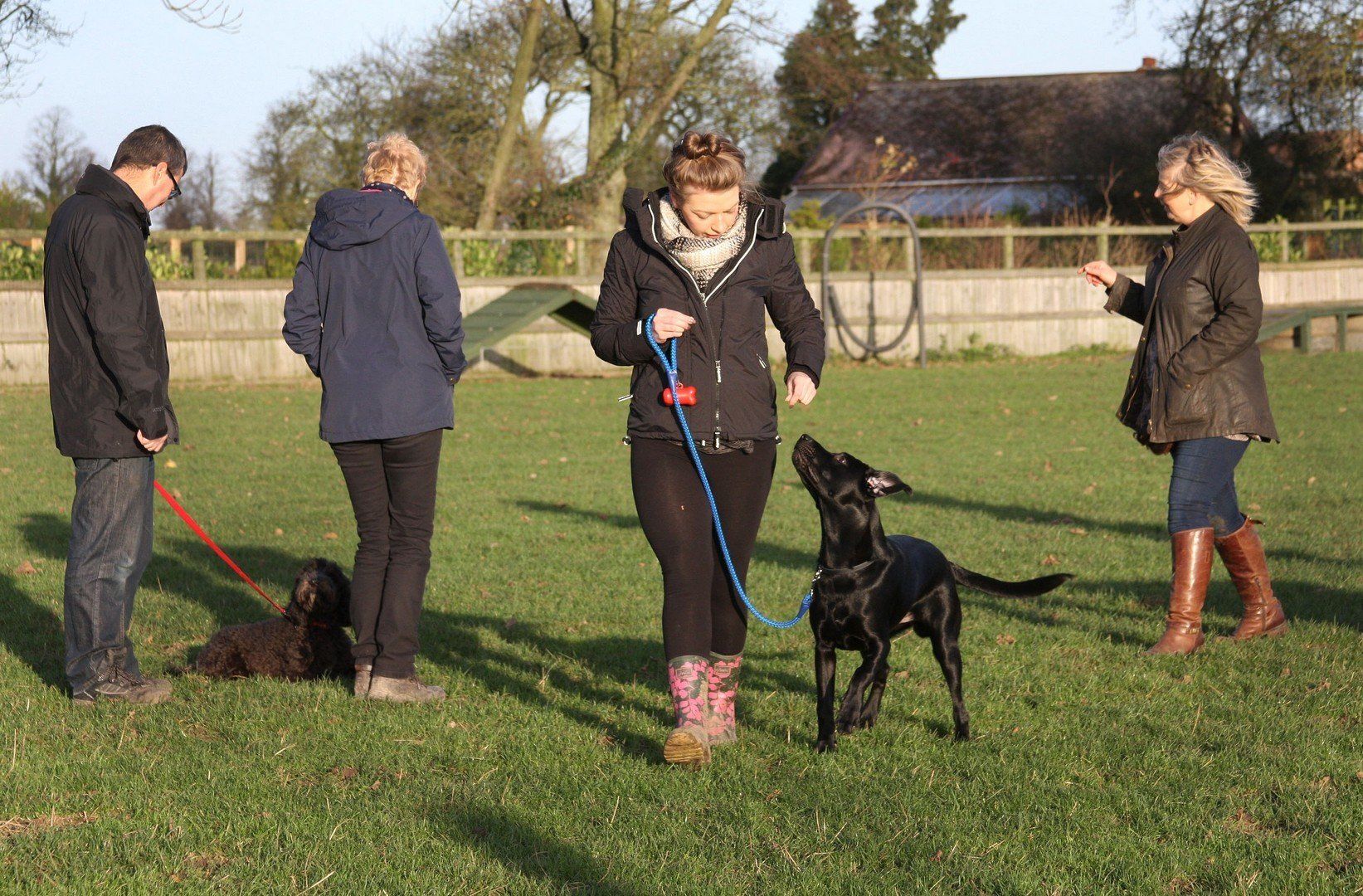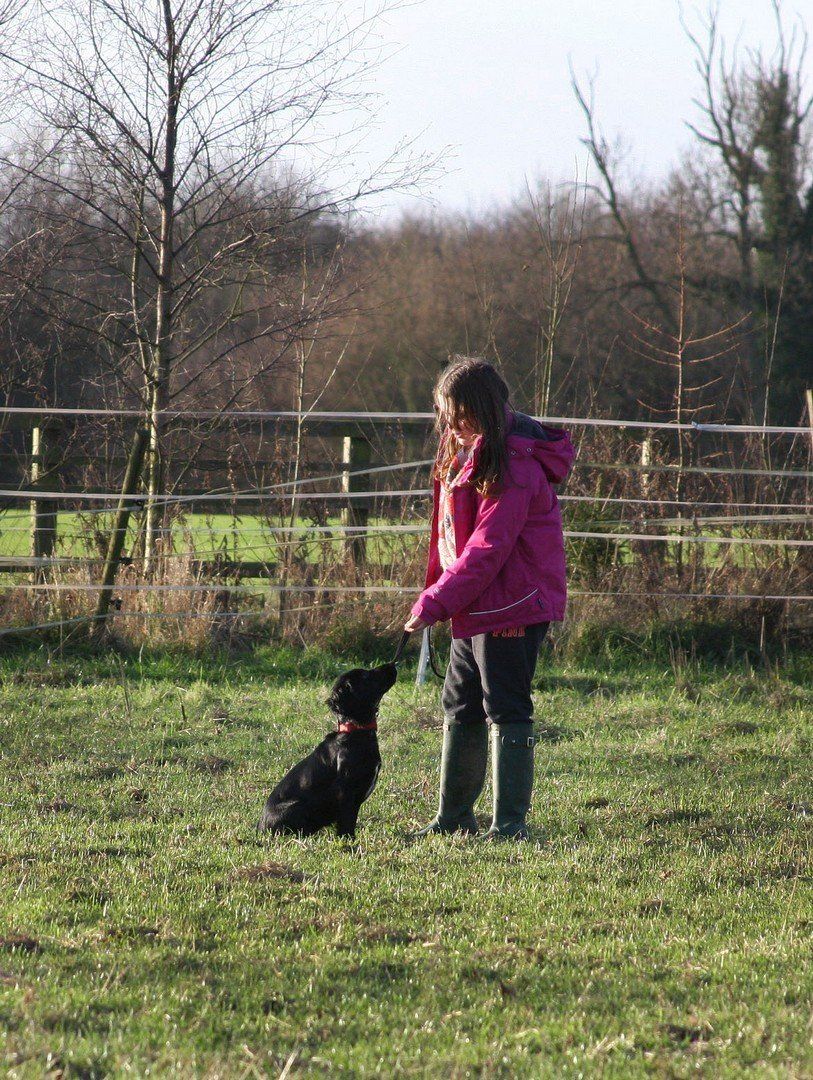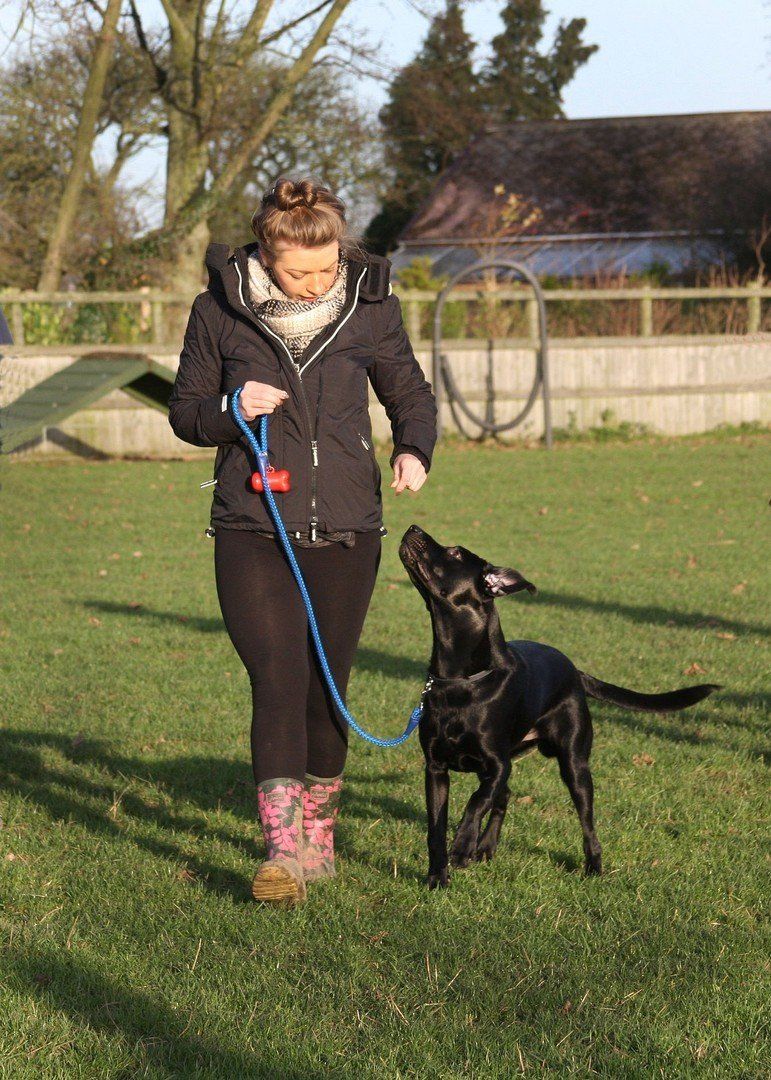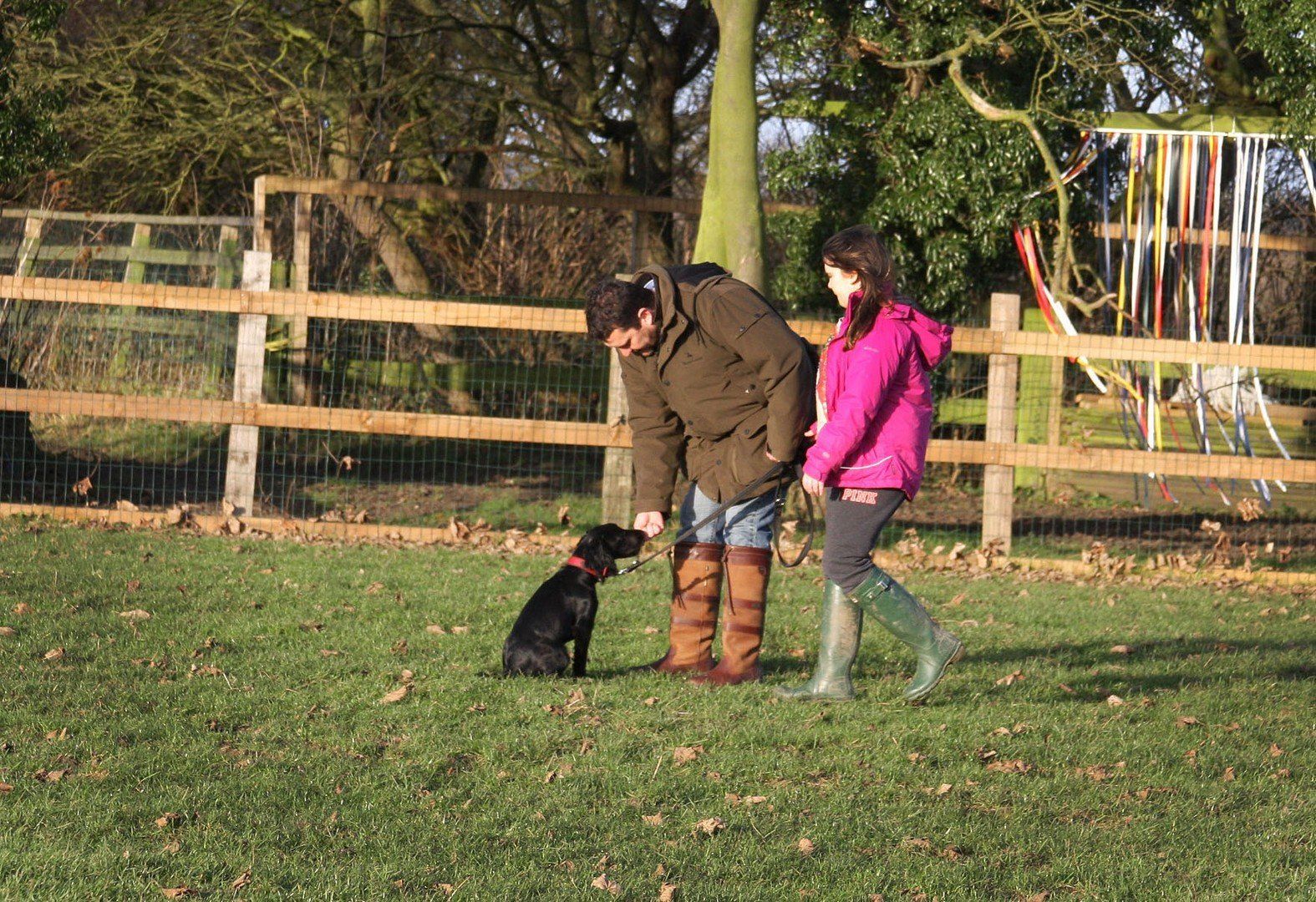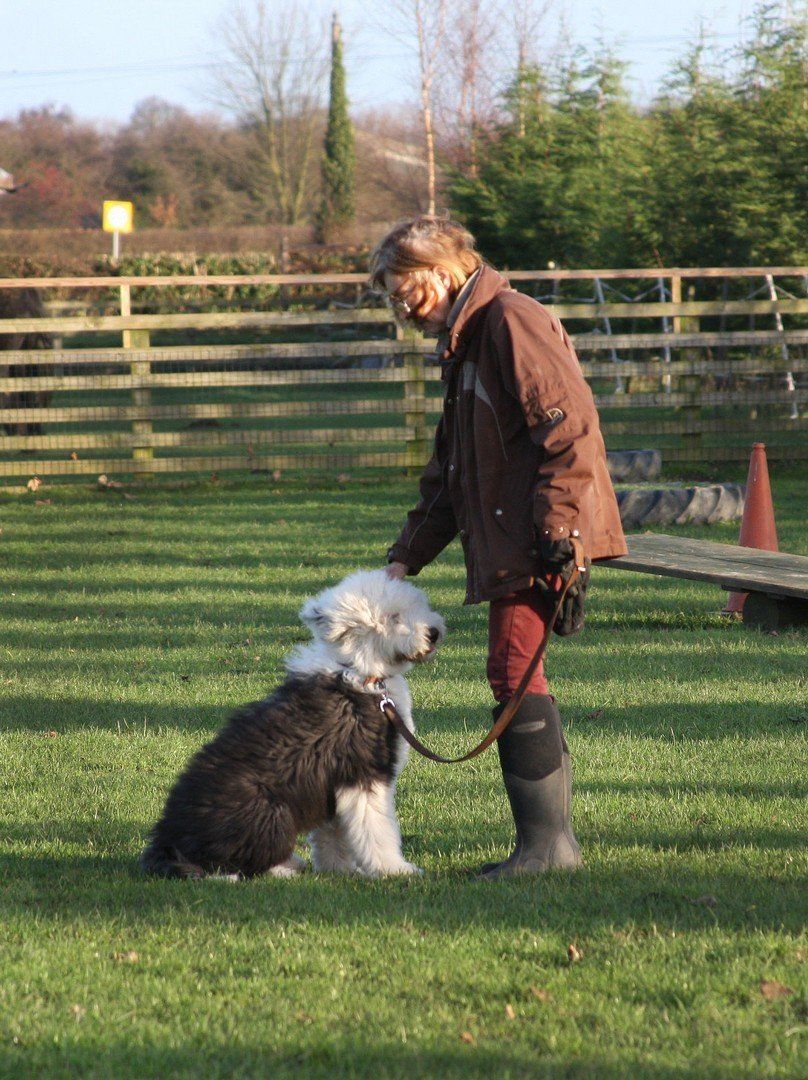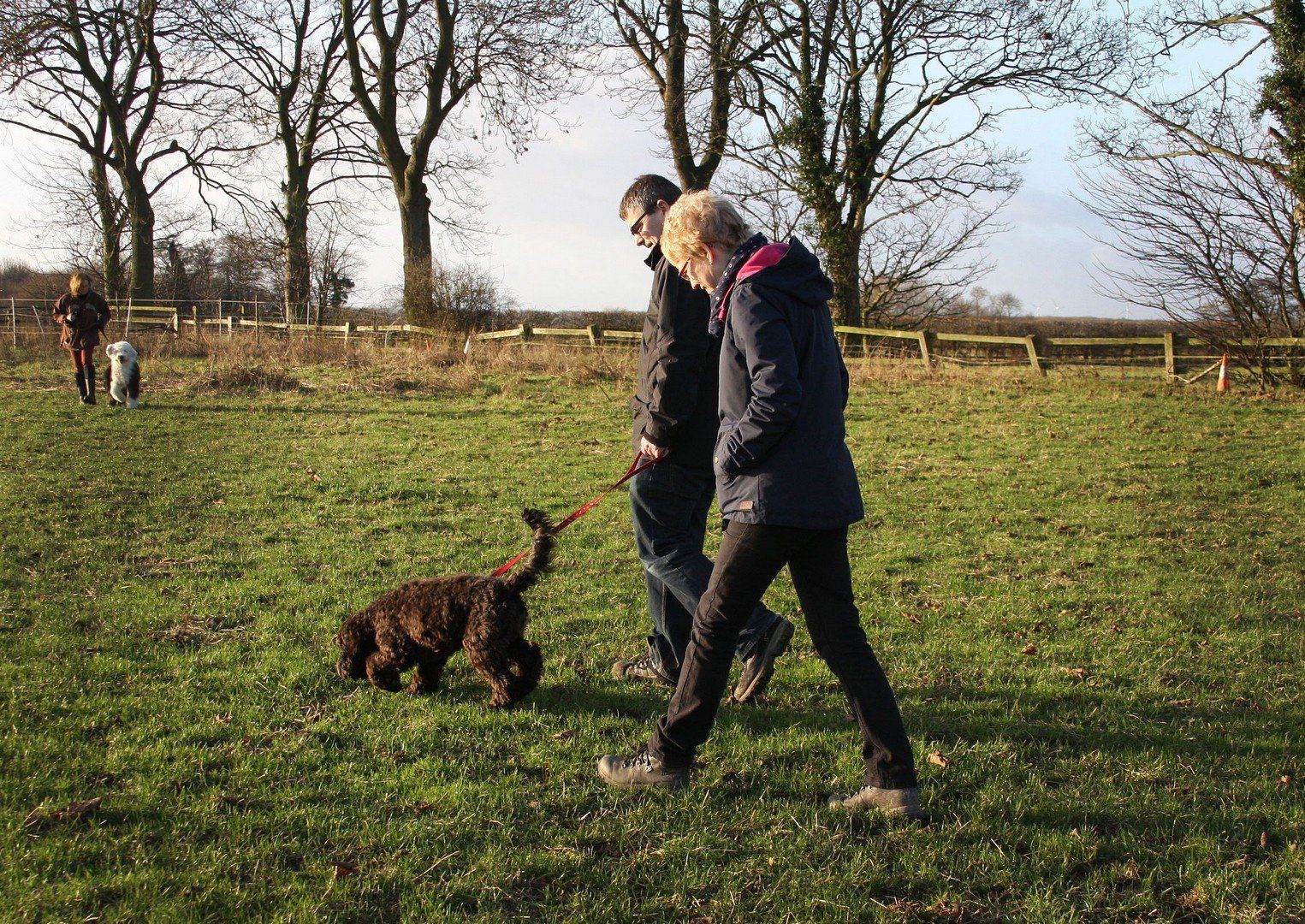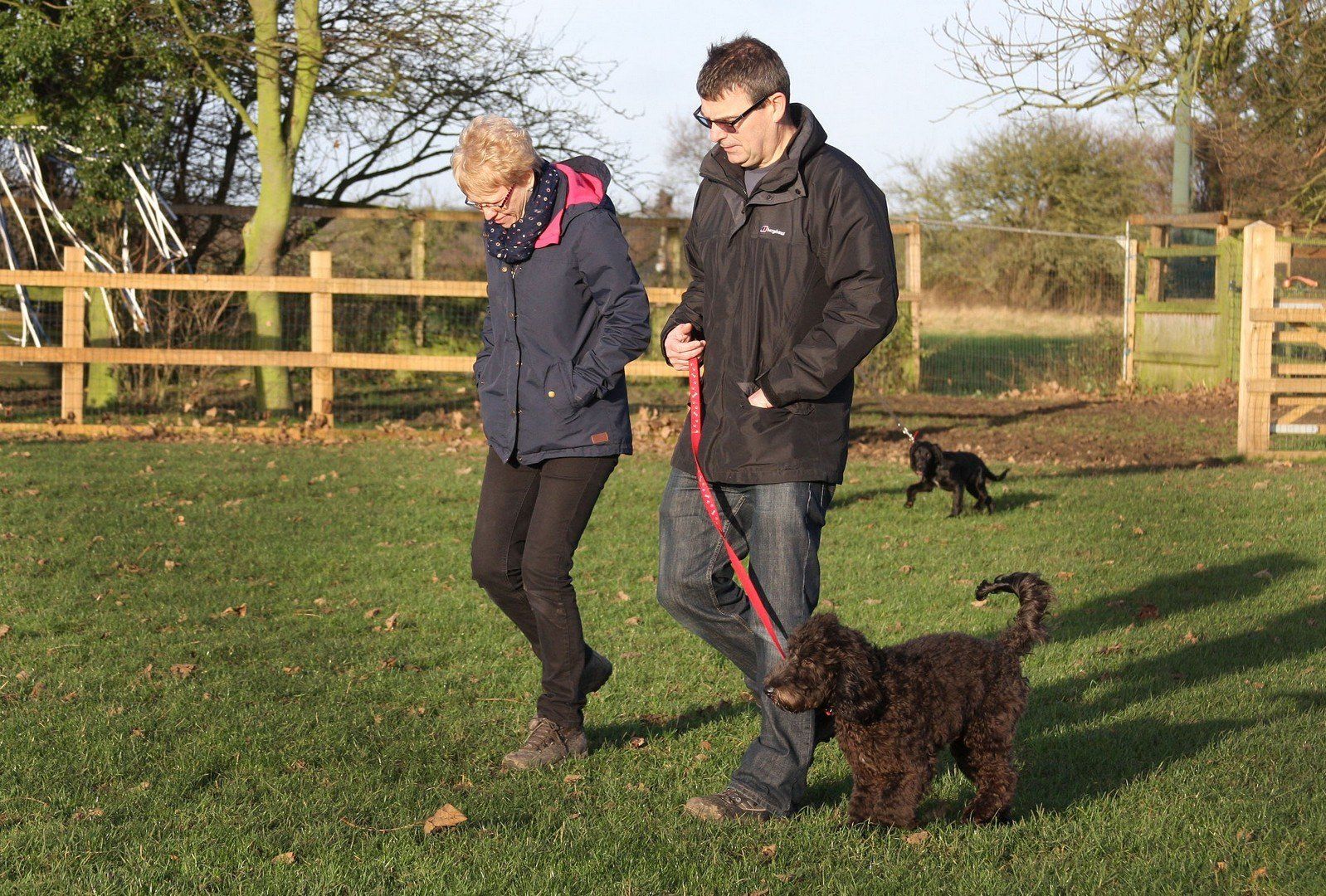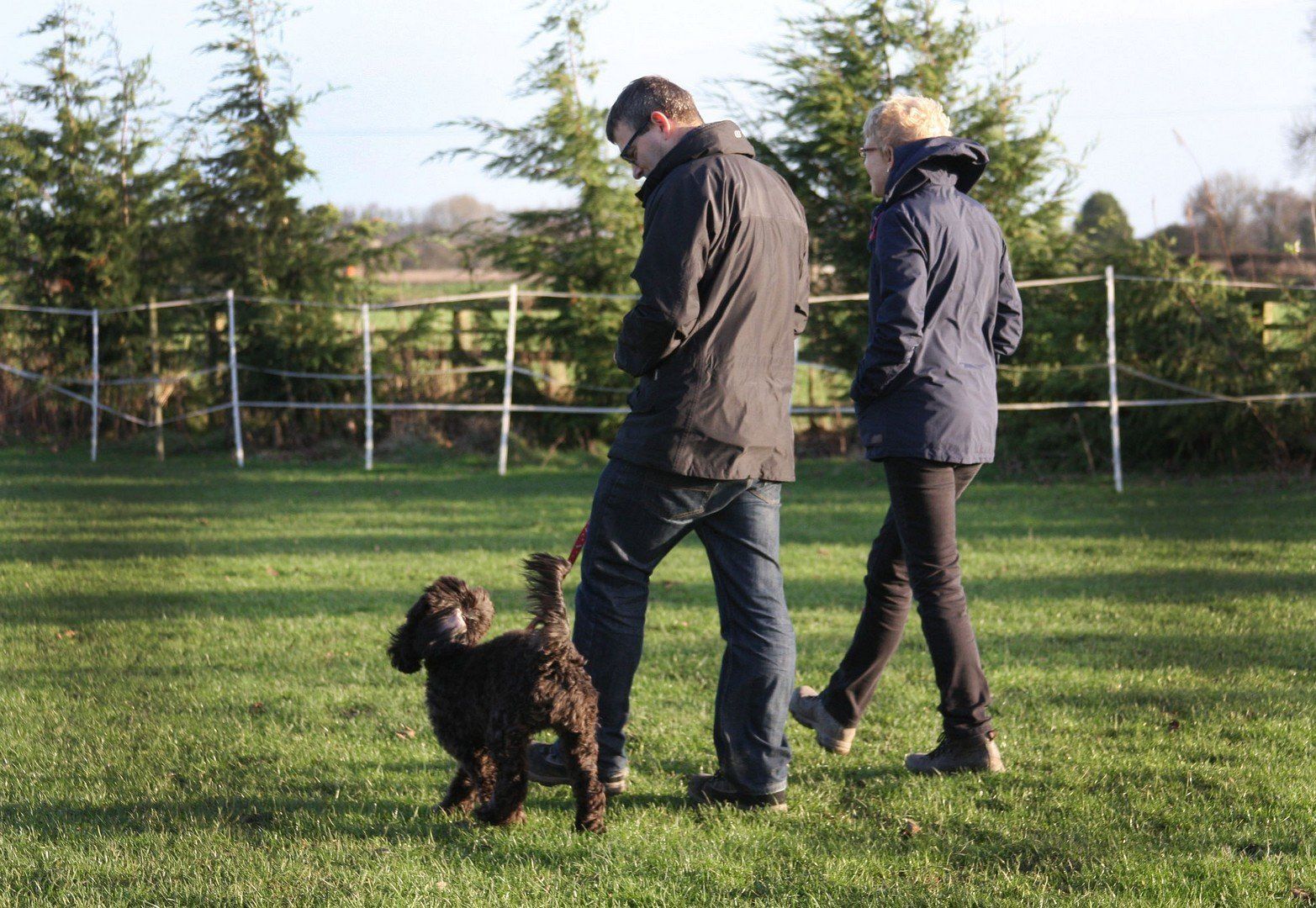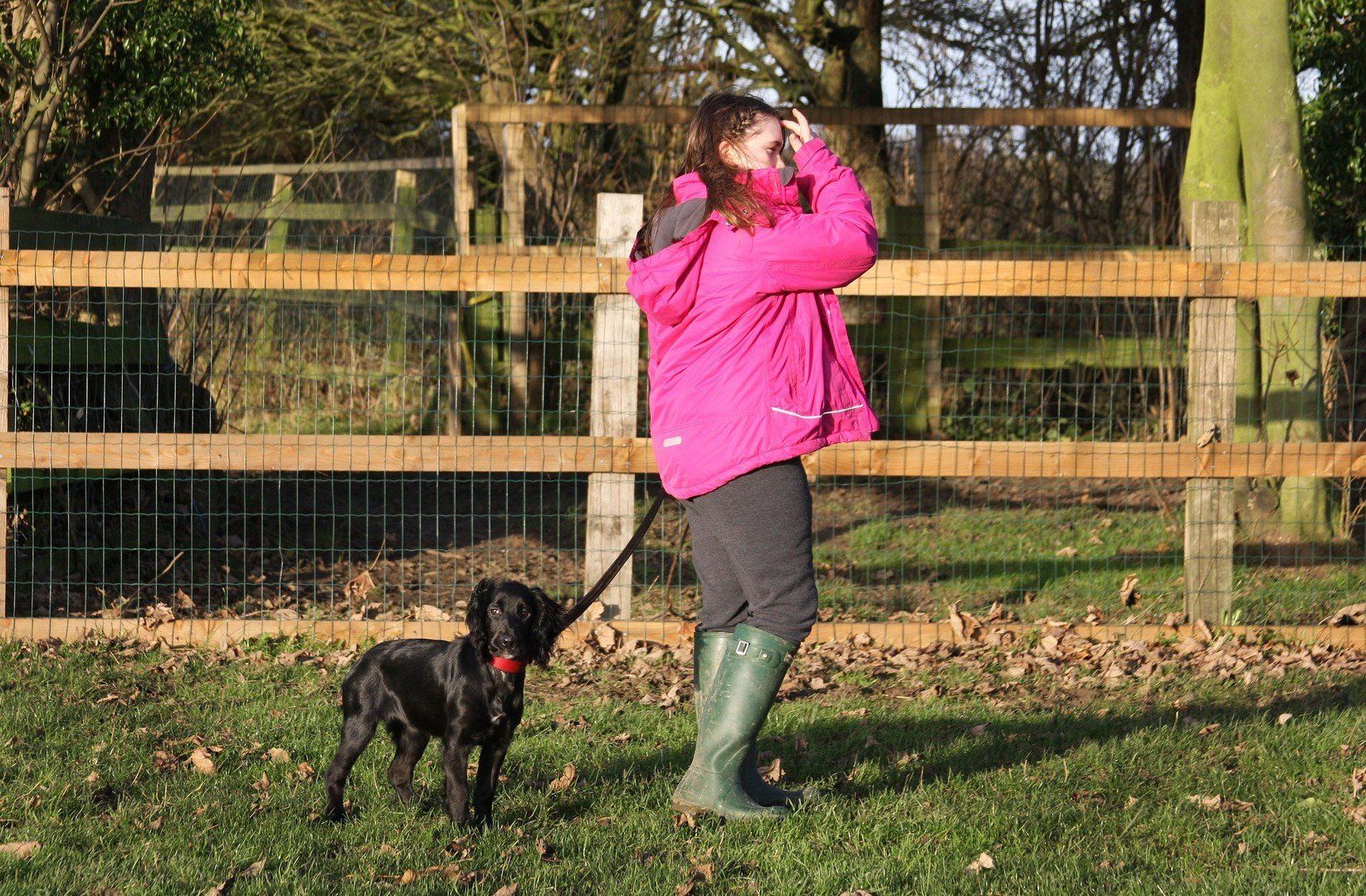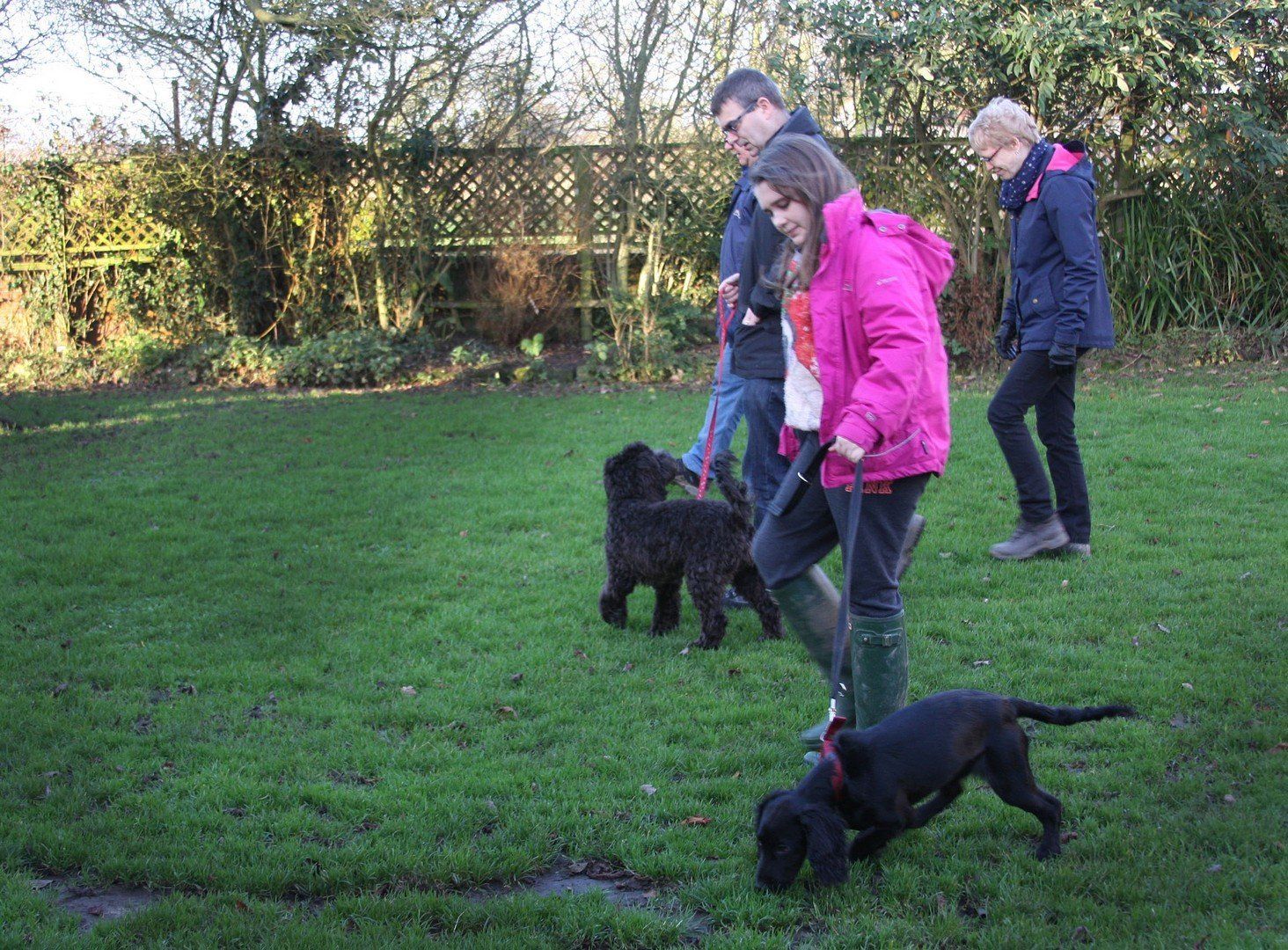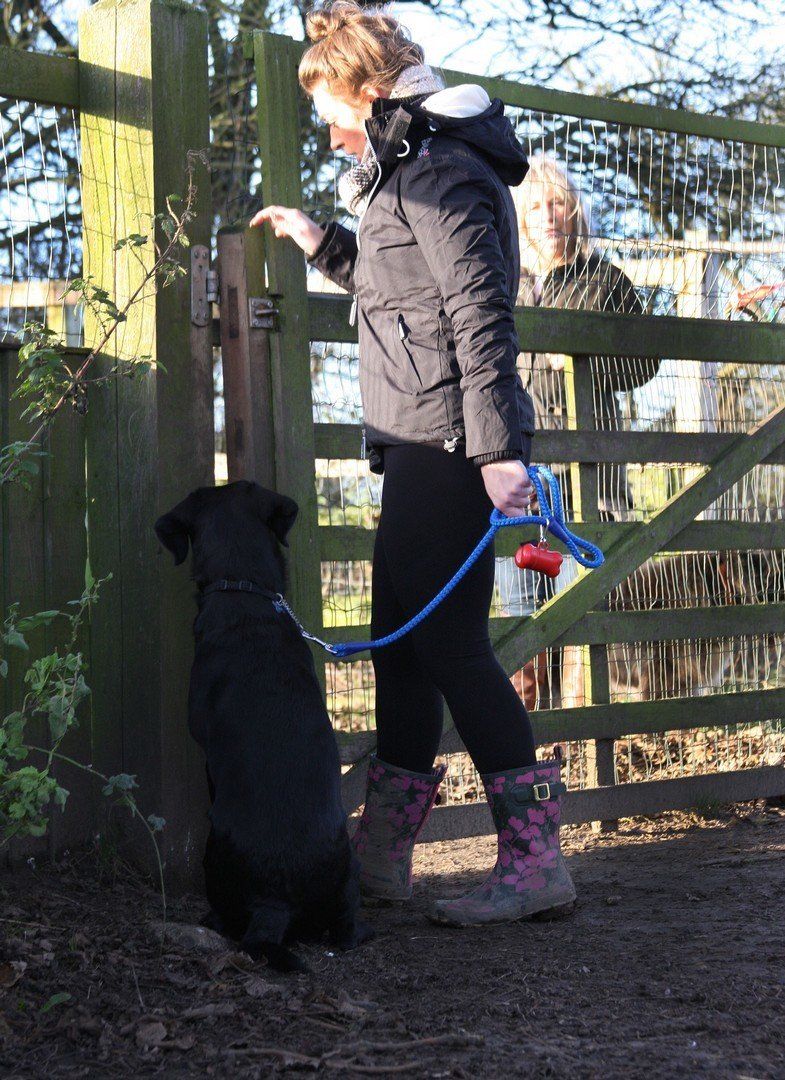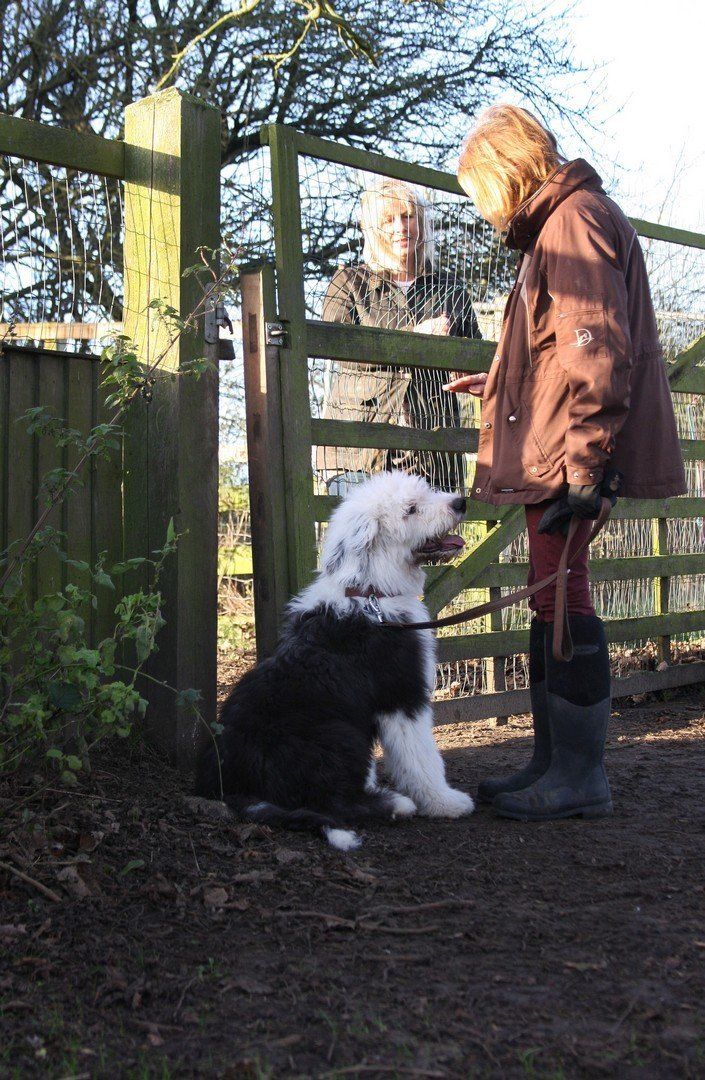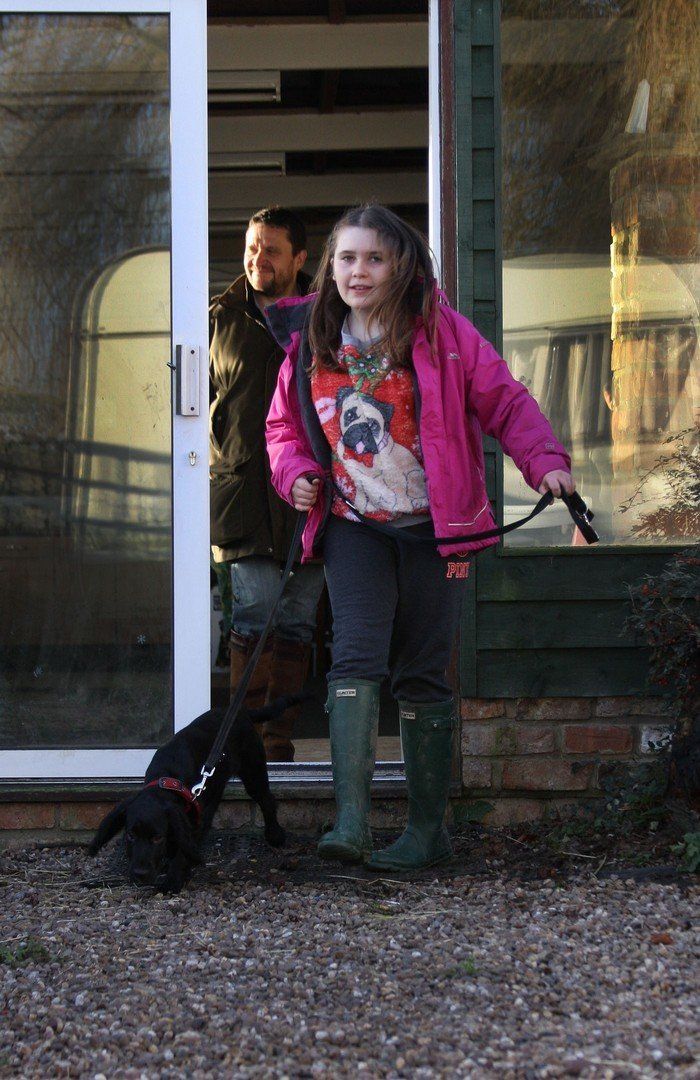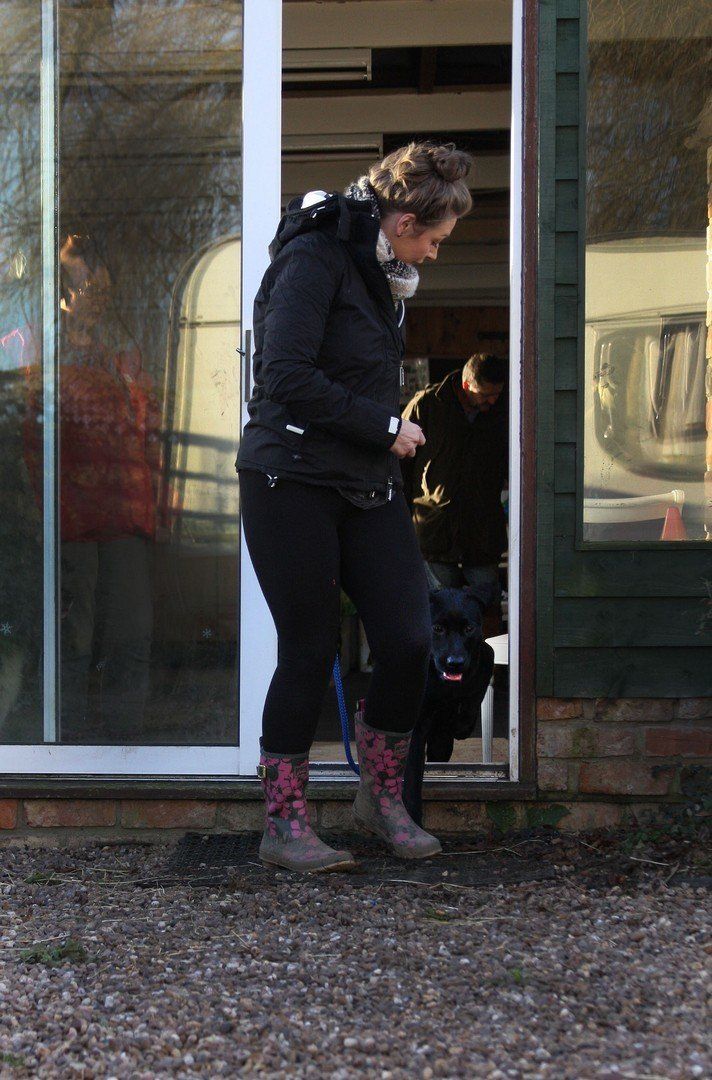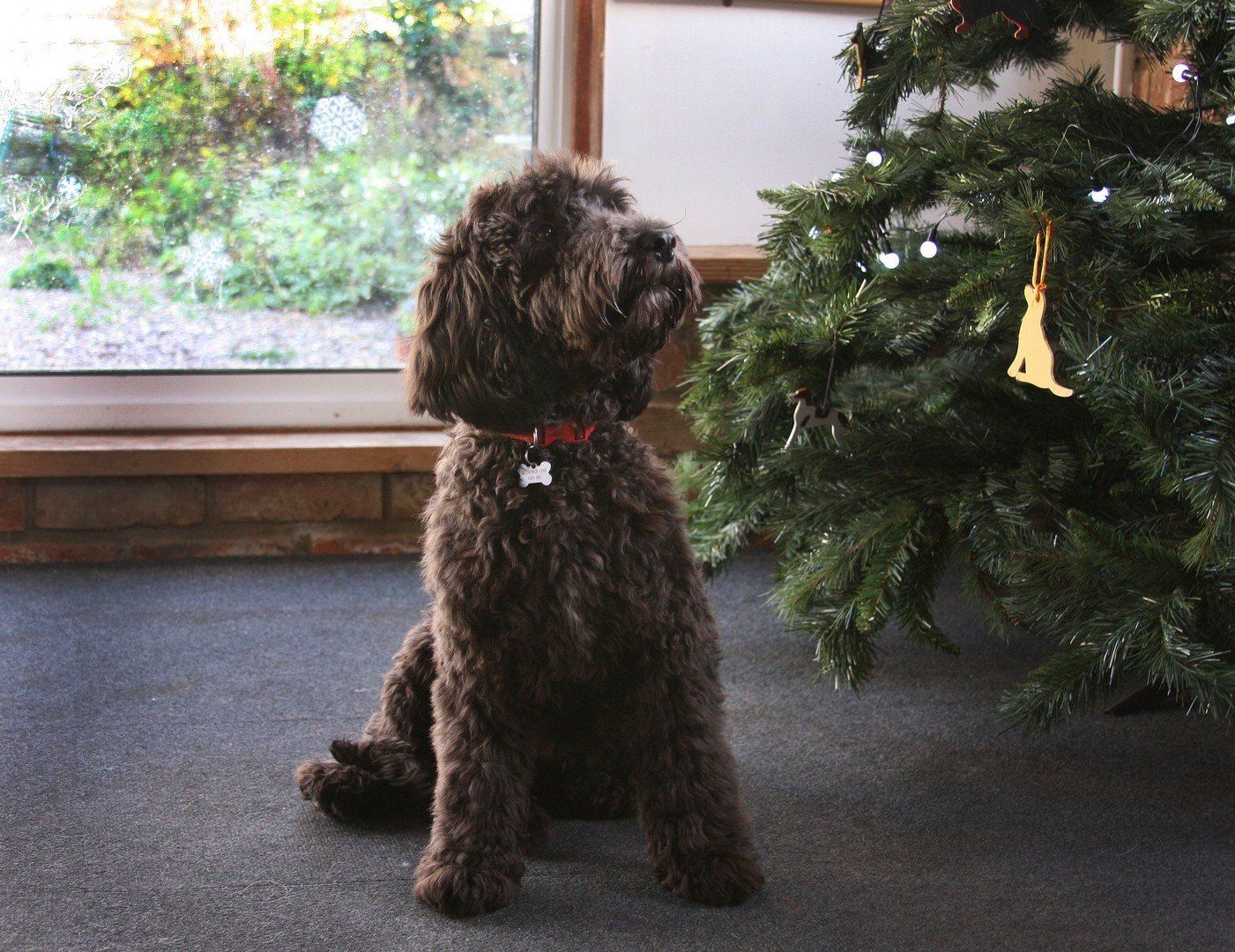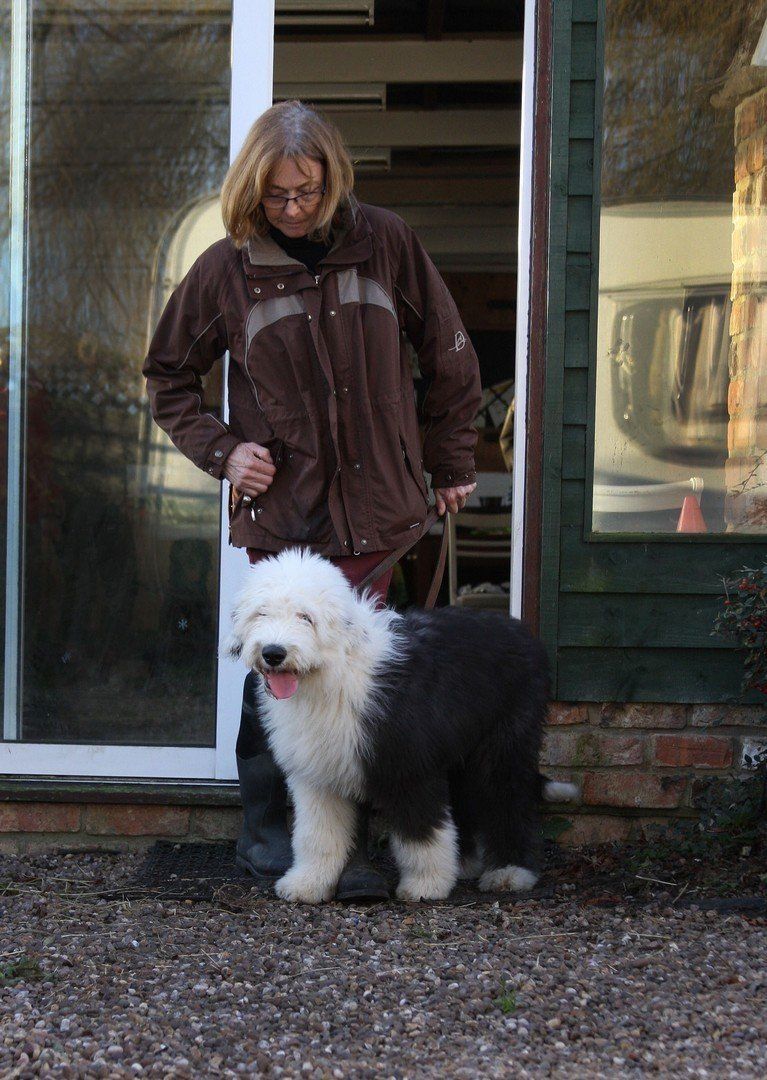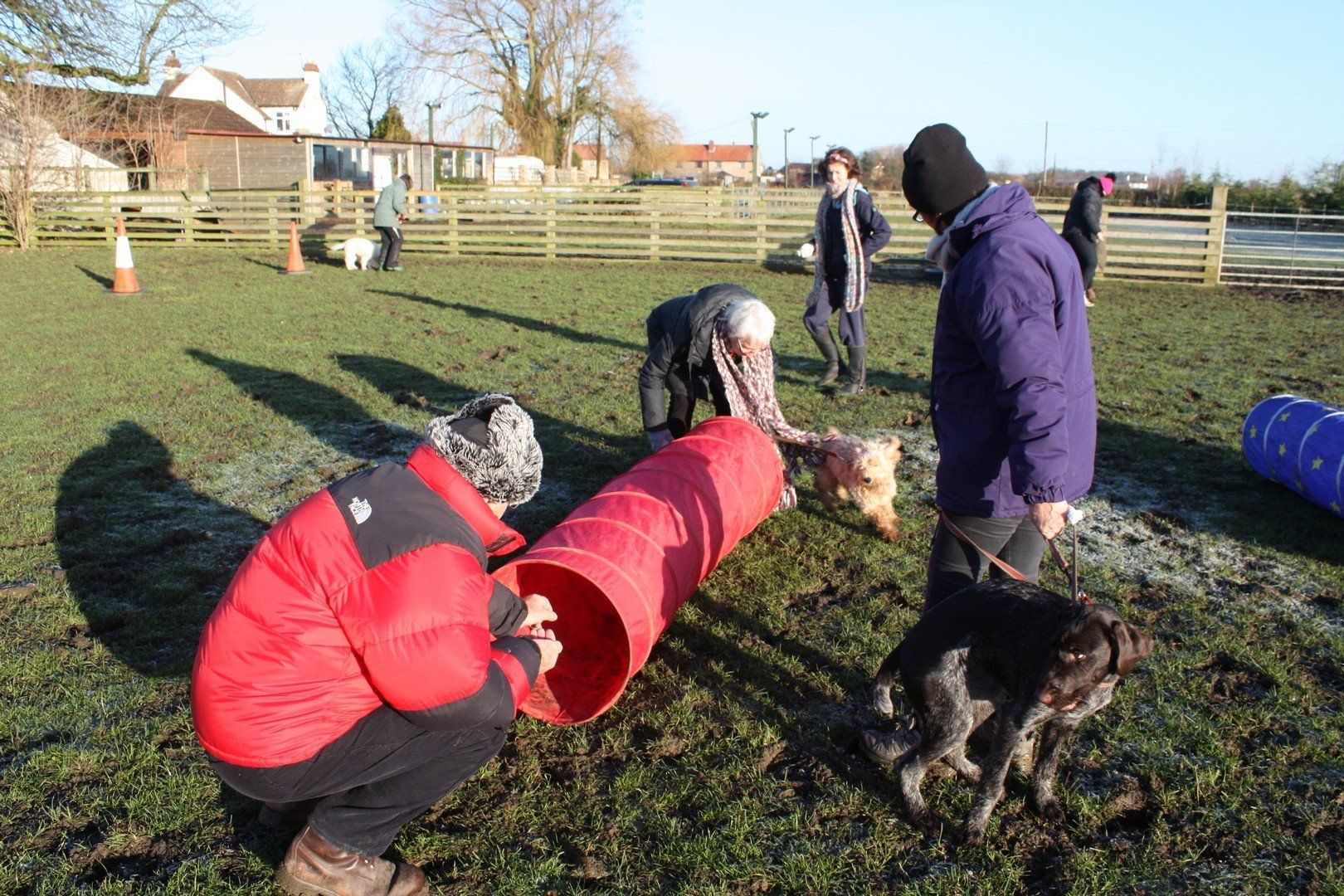Liberty Dog Training
After running a canine day care centre in Ulleskelf Selby for over 25 years and putting dog’s together for interaction and play I was invited to write up the protocol for Selby Council for best practice. I could see that those dogs that were allowed to socialise with others on a regular basis were much more able to adapt themselves to changing environments, were resilient and made friends more easily. To this end all our canine training sessions involve a great deal of liberty (i.e. off lead) and interactive play from puppy to adult. Cutters Canines & Equines at Prospect Farm has now brought these play and train courses to the beautiful North Yorkshire Moors.
My greatest passion is play and interaction for all social creatures and it forms a major part in all my training sessions and behavioural consultations believing that over 80% of problems can be reduced by the opportunity to let off steam through healthy normal interaction and play – something our modern dogs are having little opportunity to practice. After having frank discussion between owners and their dogs on the husbandry adopted for their dog and to see if education on the concept of calming signals, building up key foundation skills in their dogs and knowing how the environment and its distractions holds the key in how well their dog performs informed the development of our outside play and train courses.
Although our play and train sessions follow the Kennel Club Good Citizen Dog Scheme up to Gold standard, I like to encourage training which is fun for owners and their dogs alike and think much more important than assessments and certificates is the opportunity to see your puppy developing into an articulate and responsive dog through allowing him to learn through interactions with his own kind. Teaching in this way is far more challenging than prescriptive dog training classes but the dogs learn how to hone their own skills and how to deflect trouble in social interactions. Dogs learn impulse control and their owners learn what constitutes a good and bad play session. It has been scientifically proven that dogs not given opportunities to practice play within safe parameters become reactive and disadvantaged and suffer a greater incidence of mental health just like children. Owners will be shown how to read their own dogs body language and other dogs in the group and given the necessary skills to interrupt play or interaction to stop it going over threshold to foster healthy play. This will enable them to allow their own dog off the lead with confidence, have an ice-cream unhindered on the beach whilst allowing their dog social interaction on walks. Dogs are individual and this is life-long learning and so will take dogs, like humans, different timeframes for their social education to develop. As is the same with humans it can be a skill that we can lose if not practiced frequently.
Strictly no aggressive dogs are taken in free interaction training groups but help can be given through a behavioural consultation.
Liberty Pups & Puppy Sundays
Socialisation and Training Classes
For all vaccinated puppies up to 24 weeks old
Teach your puppy the necessary life skills to become a well-adjusted, well-behaved dog by allowing them to practice appropriate social behaviours. Give them the opportunity to play with others both inside and outside in our fenced-off paddocks and teach them to come back from play when you call, walk nicely on the lead, sit down, stand and wait when asked and much more. At the end of the course there will be an opportunity to complete the Kennel Club Good Citizen Dog Scheme – Puppy Foundation Assessment examined by myself.
Opportunity to attend follow-on classes through the Kennel Club Good Citizen scheme from Bronze to Gold Standard (Cuters Canines Dogs at Liberty). 1-1 also available. Small Group Classes every Sunday at 10.30 am (by reservation).
View the Kennel Club Good Citizen Dog Scheme Assessment documents by clicking on the appropriate icon below.
Pre-Liberty Puppy Class 1-1
As there can be a wait for puppy classes due to this being a six week course and or your puppies vaccination programme is not complete perhaps you would like some advice in the interim.
You can book a 1-1 puppy visit in your own home. This can be arranged to iron out any little niggles that you may be experiencing and/or talk over training or husbandry methods etc. This usually takes 1-2 hours and gives your puppy the best start in life.
KC GDCS Puppy
Adolescent Training
This class is typically for those dogs that have missed puppy classes for one reason or another and are under two year of age. Maybe their training and/or behaviour is being offset by ‘growing up’ issues driven by hormones and/or absence of boundaries.
They will be taught the same things as puppy classes but there will be a high emphasis on impulse control, recall and walking on a loose lead.
They will be taught how to socialise calmly and owners will be given strategies to watch their own dogs and others body language. Emphasis will be given on how owners can provide mental and physical exercise to ensure their dog’s emotional and physical well-being is being met. This is often the most challenging time when your dog starts to question ‘why’ - just like any normal child. Dogs that are showing anxiety or hyperactivity in a group session will be directed to 1-1 consultations.
